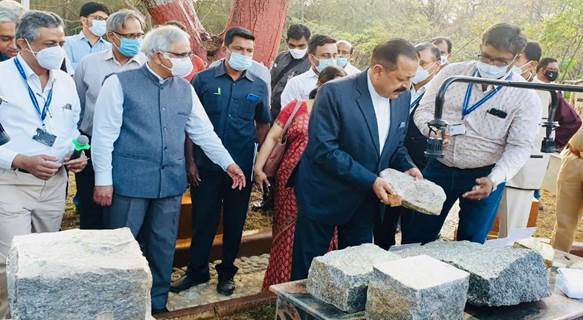

The Council of Scientific and Industrial Research in collaboration with the Government of the Union Territory of Ladakh, will start commercial cultivation of sea buckthorn berry from the coming spring season in Ladakh.
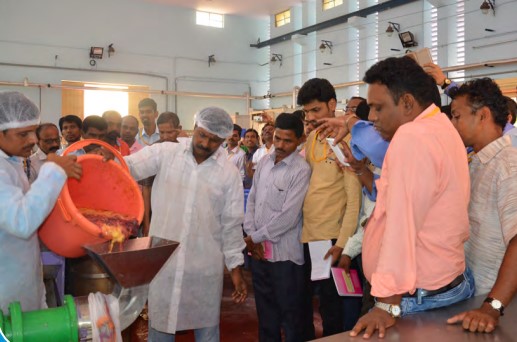
In a new initiative of its kind, CSIR-CFTRI is organizing an online training program on “Sustainable Rural Food Processing Enterprises for Livelihood generation” on 18th Nov 2021

Researchers have shown that a small peptide molecule consists of four amino acids, named “Insulock” prevents both heat and storage induced insulin fibrillation and thereby loss of effective quantum of insulin.
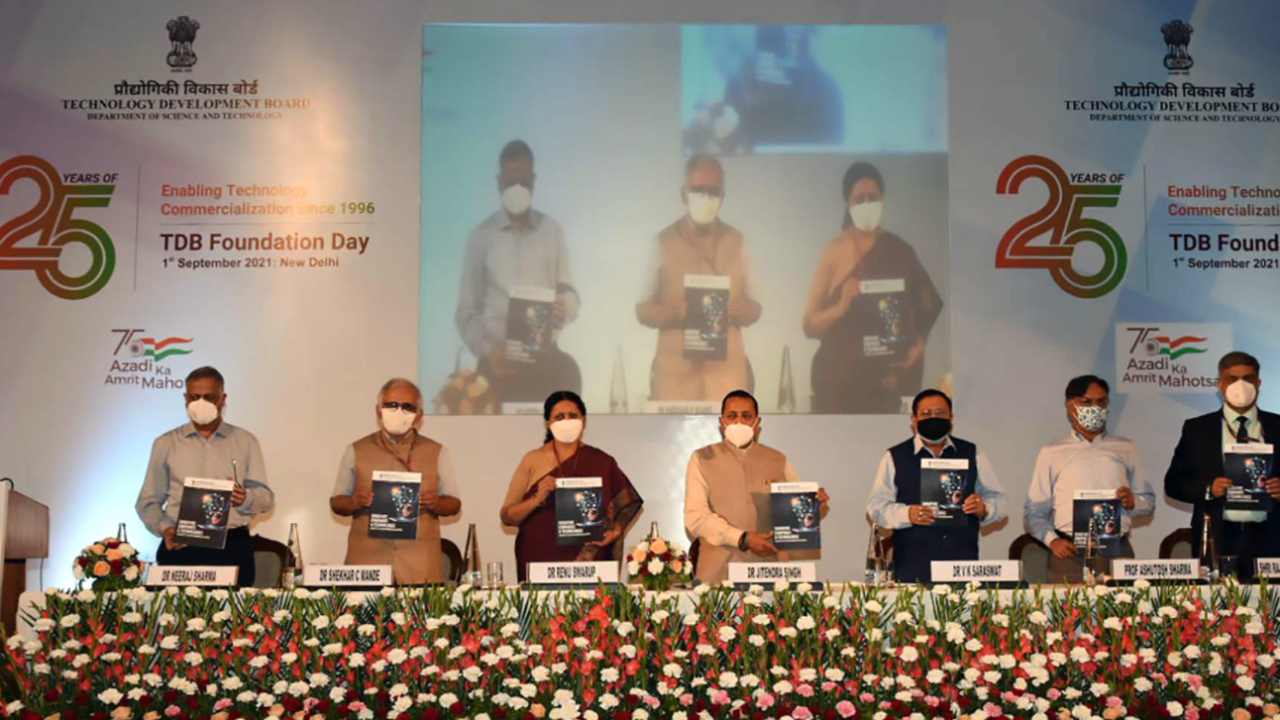

The researchers have found that the Roman Catholics of Goa, Kumta, and Mangalore regions are the remnants of very early lineages of a Brahmin community of India, majorly with Indo-European-specific genetic composition.
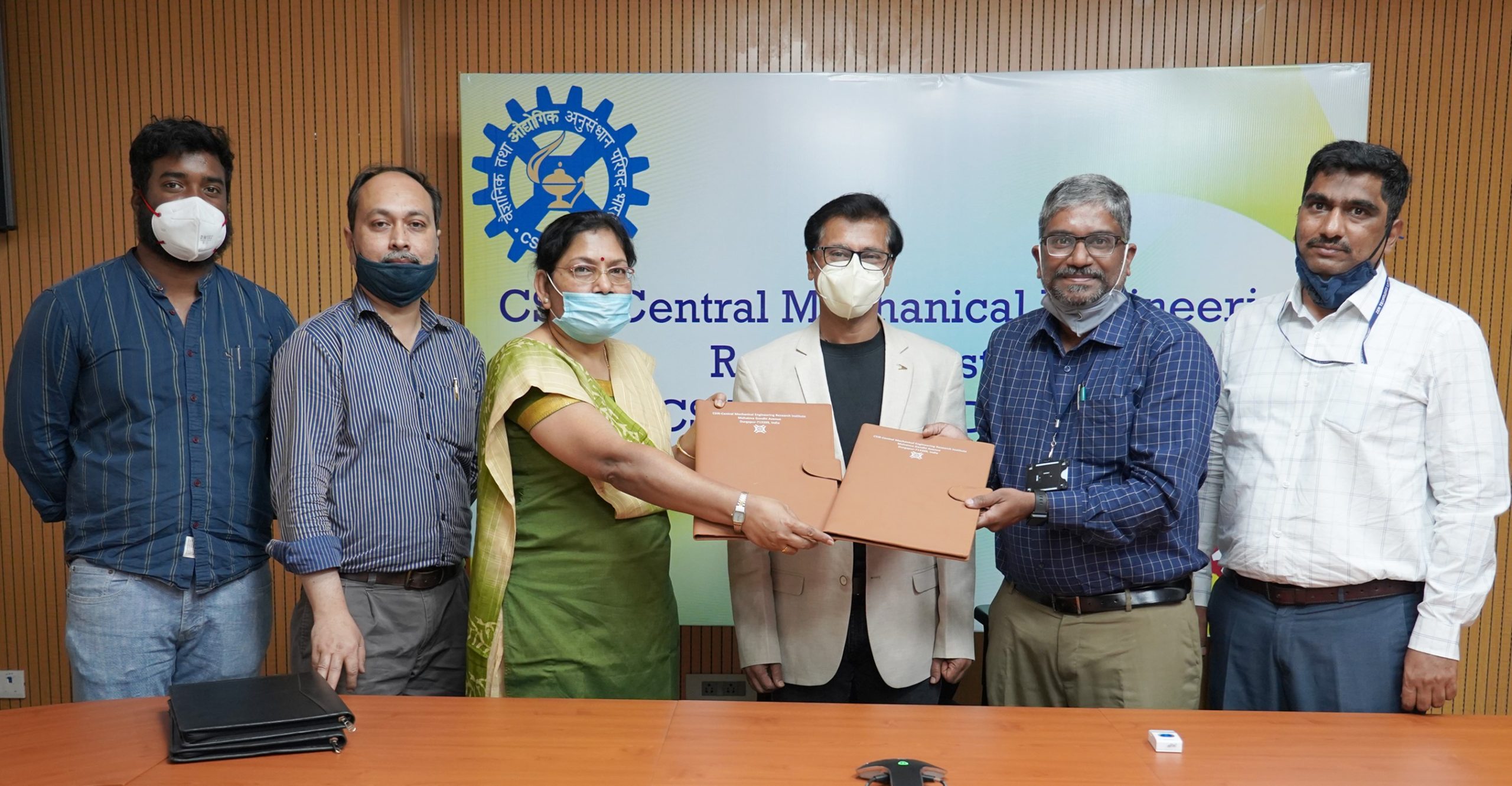
In a recent initiative, CSIR-Central Mechanical Engineering Research Institute Durgapur has transferred its COVID-related technologies to Sai Enviro Engineers Pvt Ltd, Zen Medical Technologies Pvt Ltd, and Trinity Microsystems Pvt Ltd

A total of 20 films have bagged awards at the International Science Film Festival of India (ISFFI) 2020, which was held as part of the sixth India International Science Festival 2020 held from December 22-25
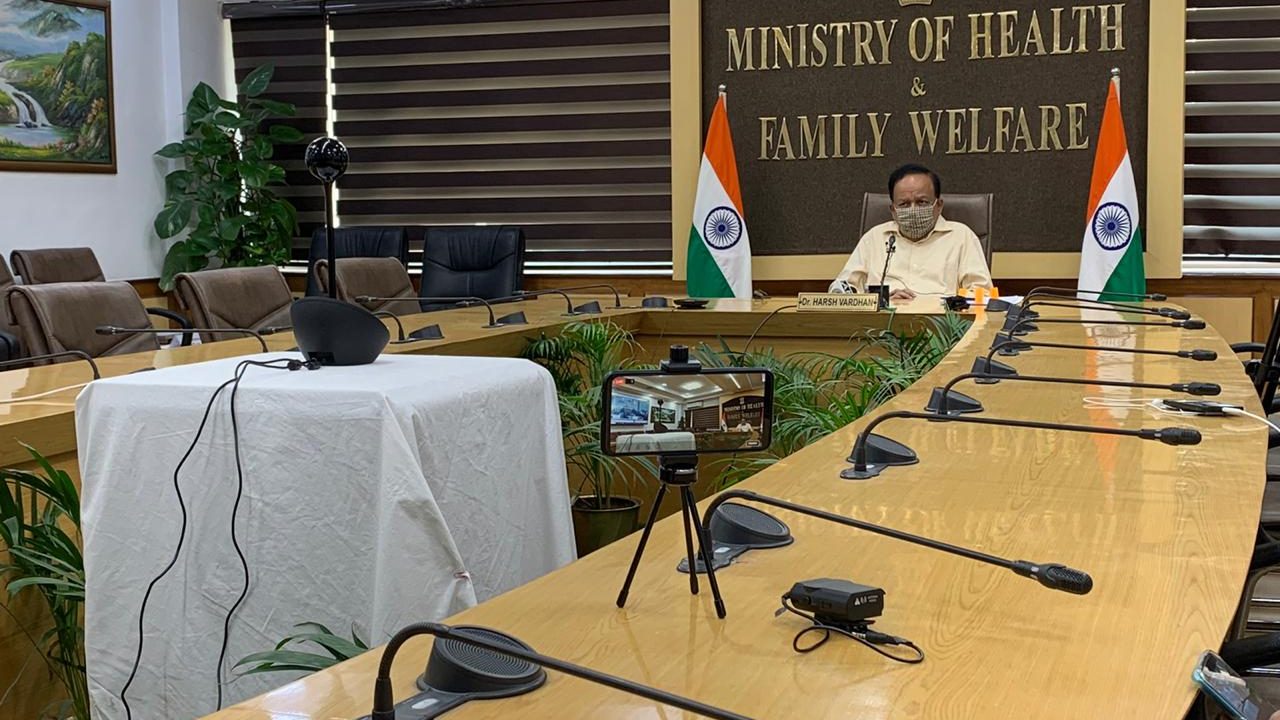
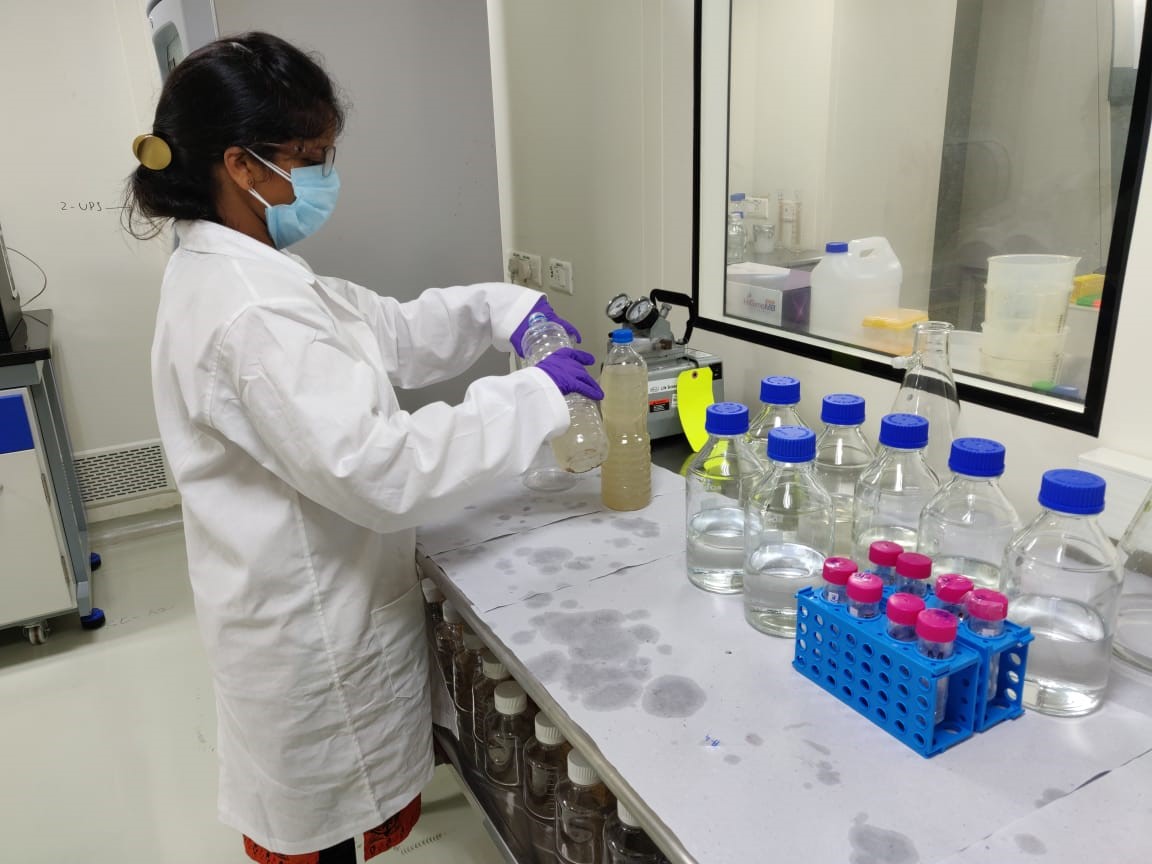
Centre for Cellular and Molecular Biology and Indian Institute of Chemical Technology in a joint study have harvested the sewage samples to estimate the number of potentially infected individuals in the city of Hyderabad.
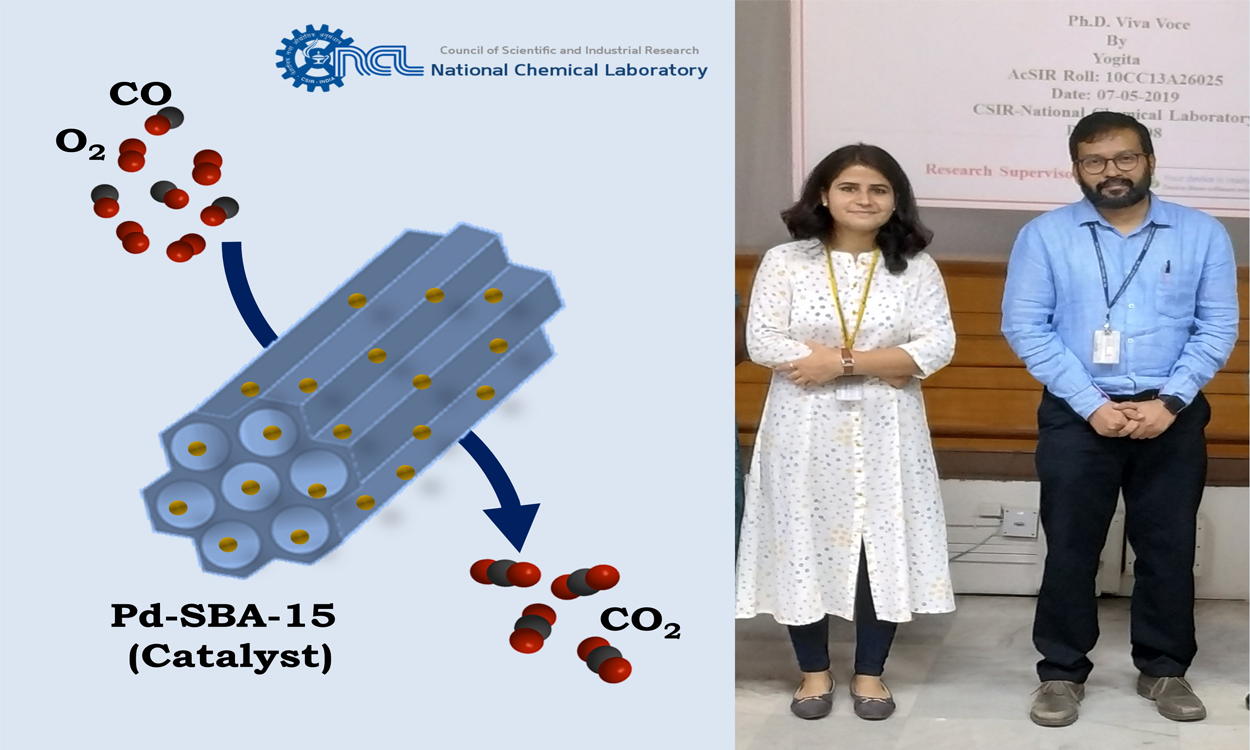
A research team at CSIR-National Chemical Laboratory, Pune - has developed a new method that could overcome the difficulties of supporting ultra-small metal nanoparticles on silica with desirable loading.

The Council of Scientific and Industrial Research has launched AarogyaPath, a web-based solution for the healthcare supply chain, which provides real-time availability of critical supplies.


The Council of Scientific and Industrial Research is working with Intel India and International Institute of Information Technology, Hyderabad, to help achieve faster and less expensive COVID-19 testing and coronavirus genome sequencing to understand the epidemiology and Artificial Intelligence-based risk stratification for patients with co-morbidities.

Scientists at CSIR-Central Mechanical Engineering Research Institute have developed two mobile indoor Disinfection Sprayer units. These units can be used for cleaning and disinfecting pathogenic micro-organisms effectively, especially in hospitals.

The Council of Scientific and Industrial Research through its New Millennium Indian Technology Leadership Initiative program, has approved a project towards the development of human monoclonal antibodies that can neutralize SARS-CoV-2 in patients

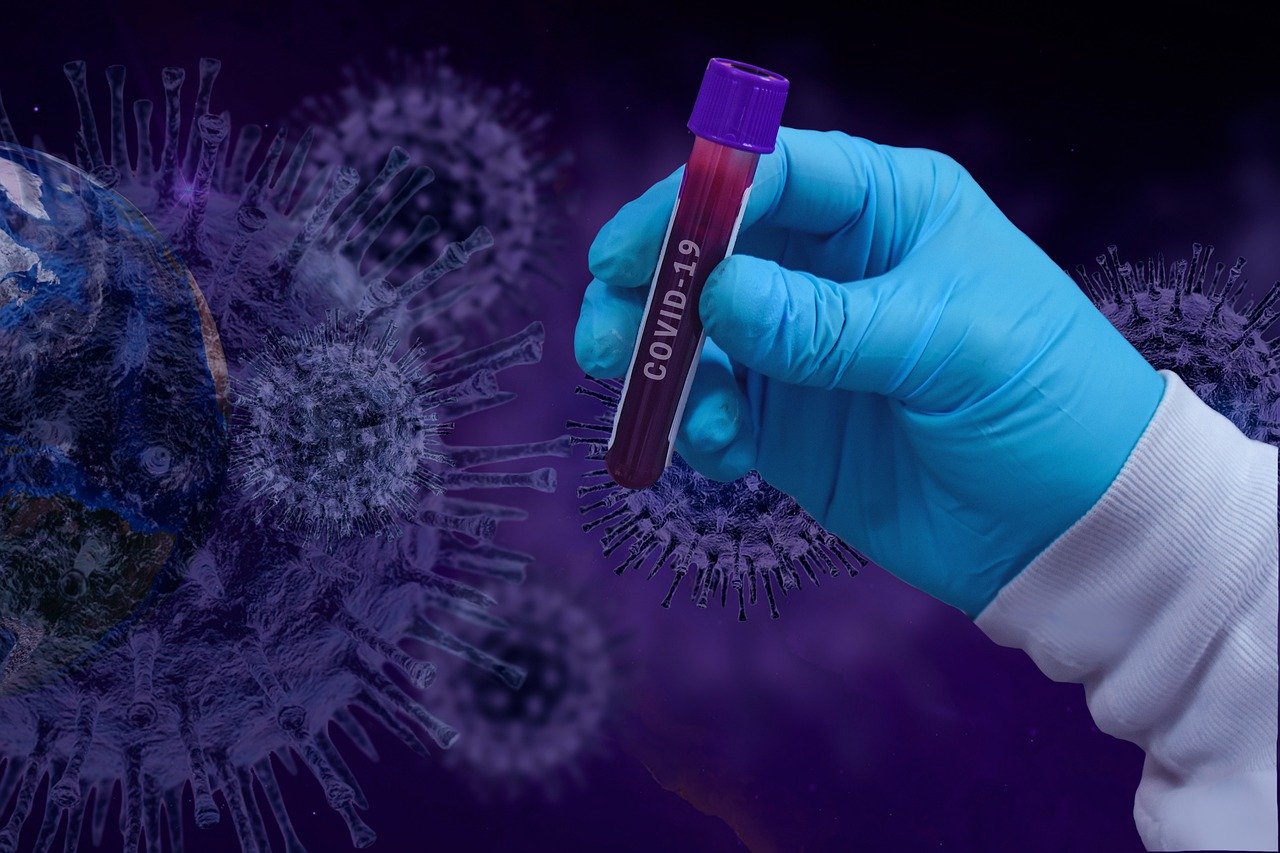
The Indian Institute of Petroleum is establishing an RT-PCR-based COVID-19 viral testing facility in its Dehradun campus. IIP is a constituent laboratory of Council of Scientific and Industrial Research

CSIR has identified 25 drugs/drug candidates for repurposing. Among these 25 drugs, Favipiravir - a broad-spectrum inhibitor of viral RNA polymerase - has emerged as one of the most promising drugs.
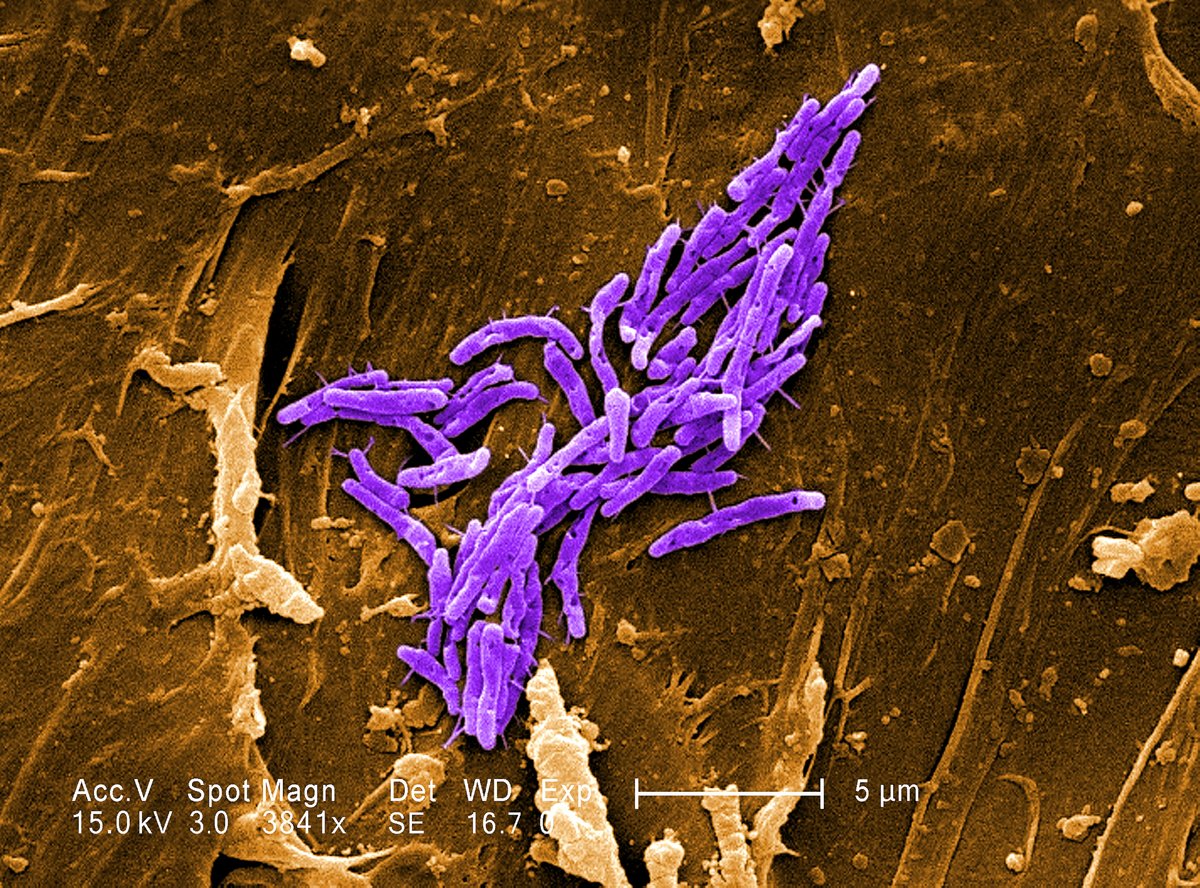
Council of Scientific and Industrial Research has decided to repurpose an approved immunomodulator called Sepsivac to enhance the innate immunity of the body to limit the spread of COVID-19 and fasten the recovery of COVID-19 patients.

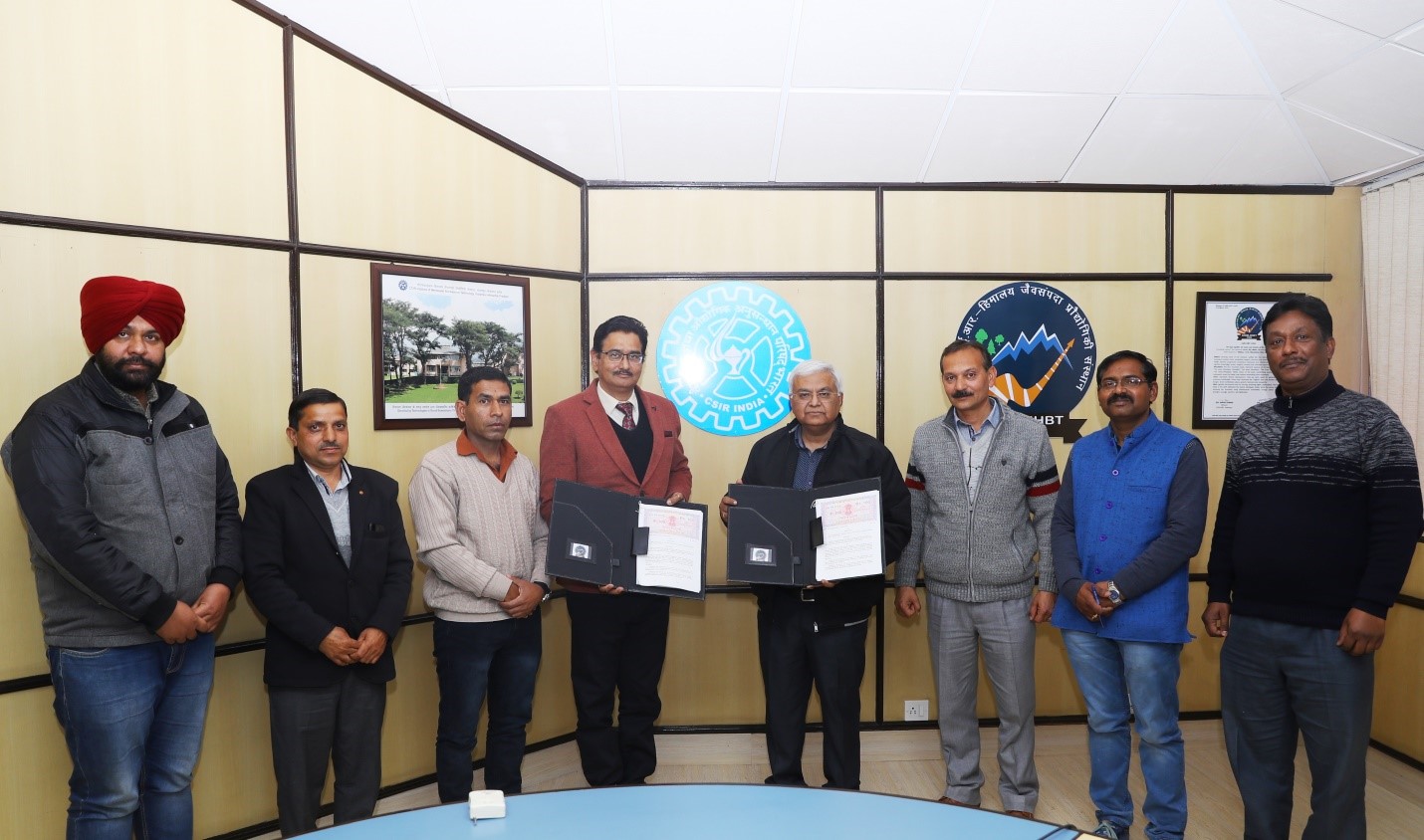
A new hand-sanitizer has been developed by the scientists of CSIR-Institute of Himalayan Bioresource Technology

Now students may give any novel and utilitarian Innovation for any existing societal problem, it may be a new method, device or utility and for this, they would be awarded. Council of Scientific & Industrial Research has announced Innovation Awards for School Children to support their scientific temperament and to encourage innovative spirit among them

To make Visually Impaired self-dependent when it comes to reading Central Scientific Instruments Organisation, Chandigarh has developed a scanner-based reading device called ‘Divyanayan.

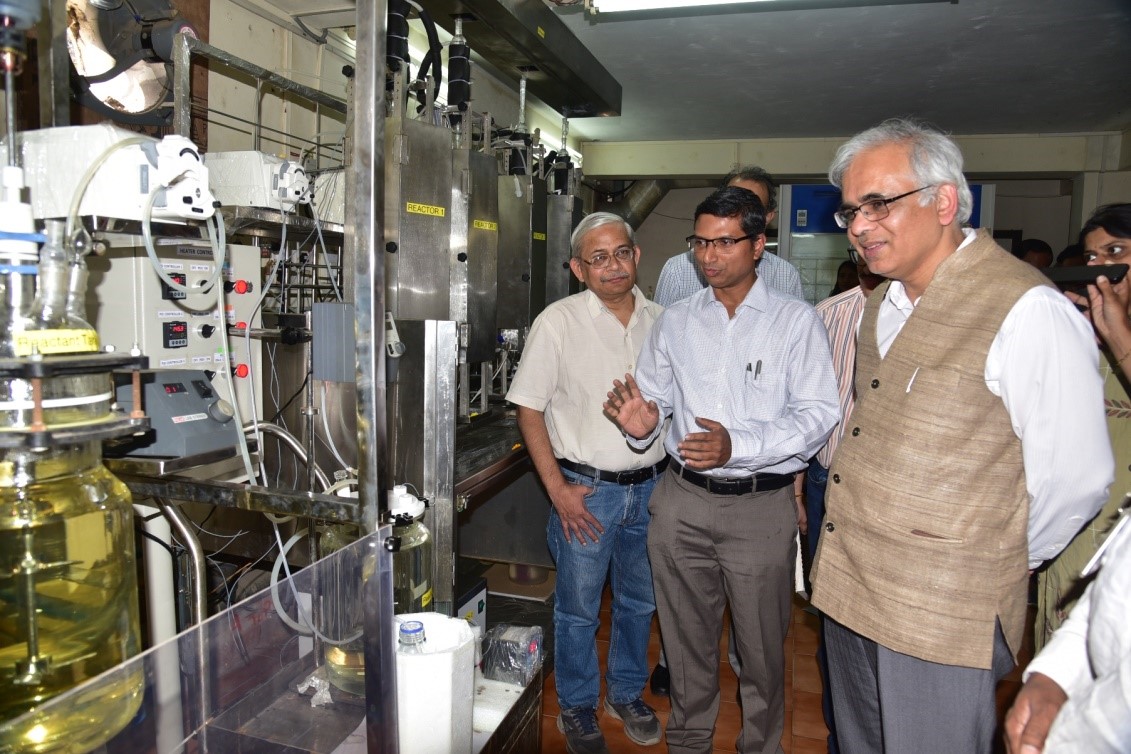
Researchers at National Chemical Laboratory, Pune have developed an inexpensive technology for the manufacturing of precision silver nanowires that can be used in future nano-electronic devices

Scientists at National Botanical Research Institute have developed and released a new variety of Chrysanthemum that blooms from late December to mid-February and has named it ‘Shekhar’
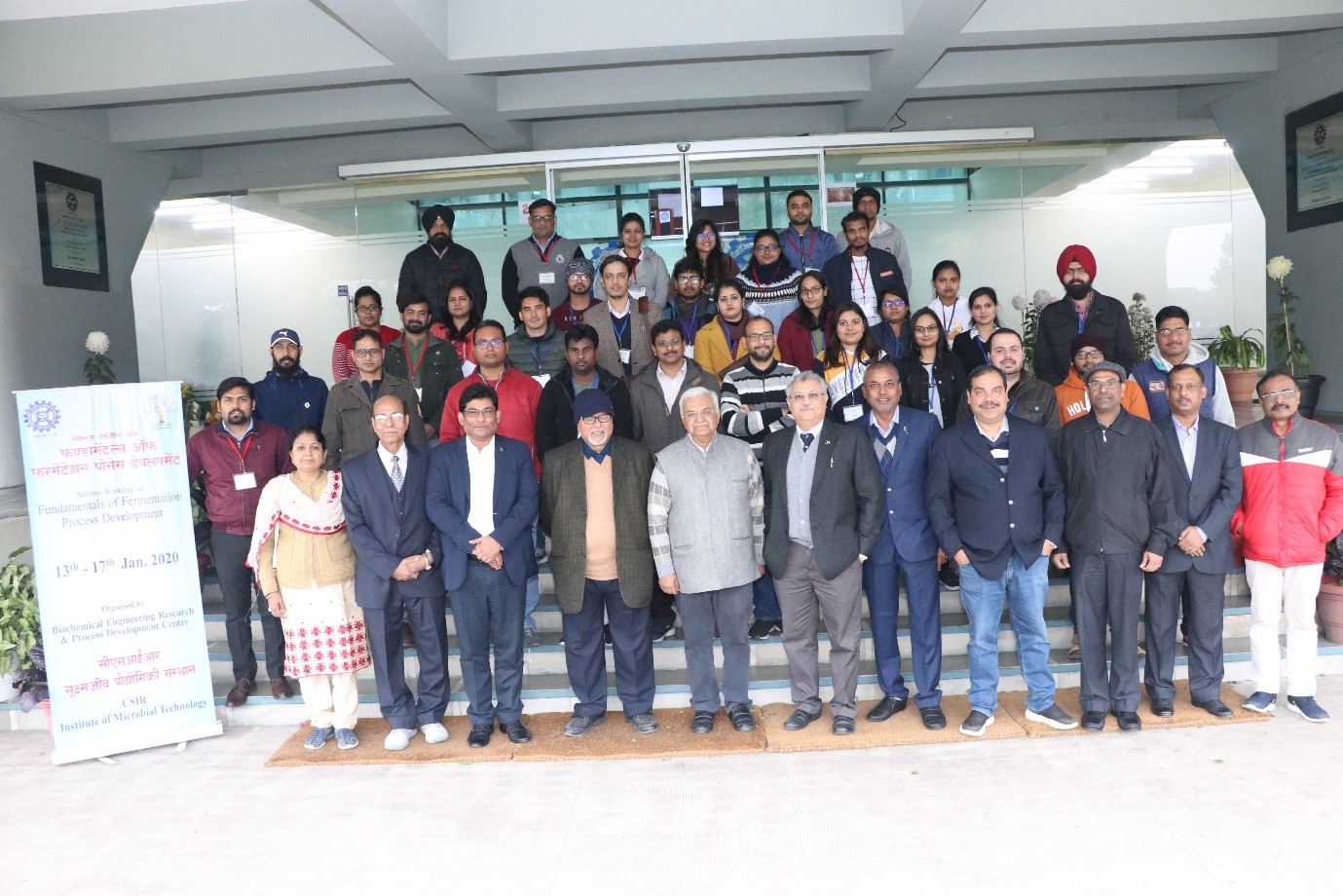
The CSIR-Institute of Microbial Technology conducted a five-day workshop on the Fundamentals of Fermentation Process Development. The workshop immensely helped participants acquire a fundamental understanding of the relationship between process design and product quality in fermentation

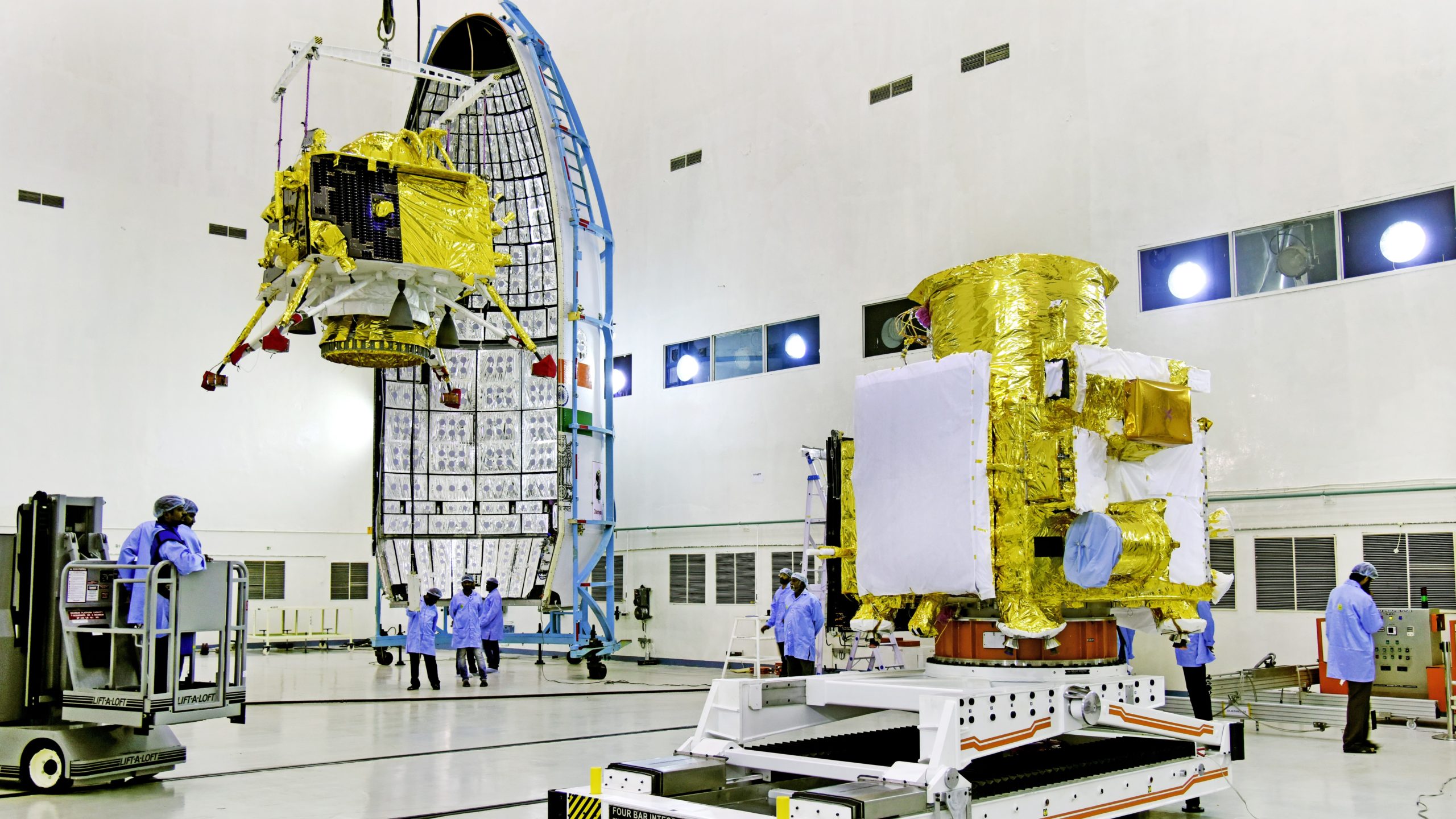
Chandryaan-2 may have dominated popular imagination during 2019 despite the lander Vikram failing to soft-land on the lunar surface, but the year was marked by several significant developments by Indian scientists in fields ranging from nanotechnology to climate change
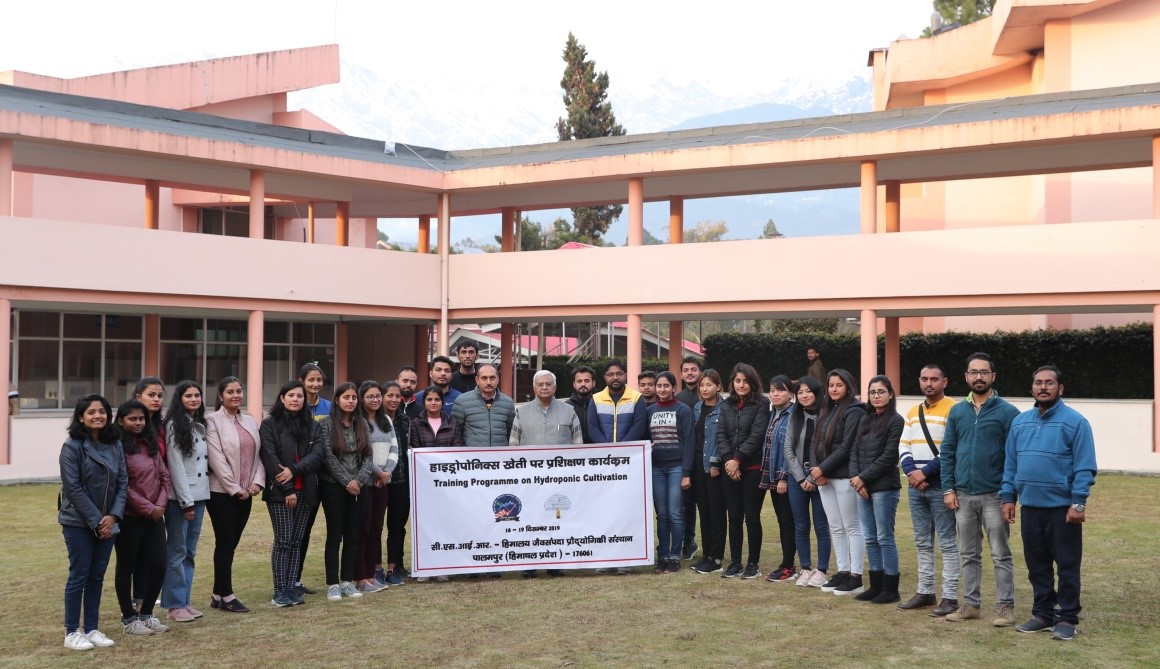
Institute of Himalayan Bioresource Technology (CSIR-IHBT), Palampur is determined to develop a small low-cost hydroponic system that is suitable for urban agriculture and the small scale said Dr. Ashish Warghat, Scientist, CSIR-IHBT
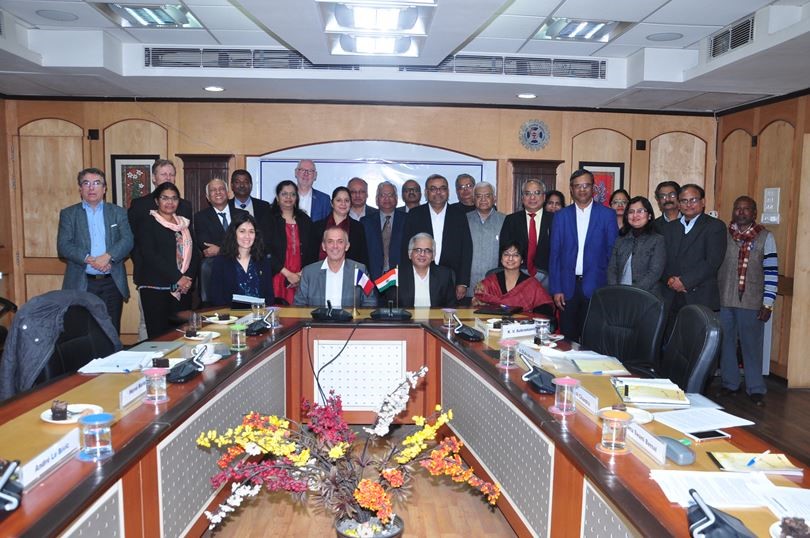
France has signed a memorandum of understanding (MoU) to establish a framework for cooperation and for promotion and support of scientific and technological research Council of Scientific and Industrial Research (CSIR) and National Centre for Scientific Research (CNRS)
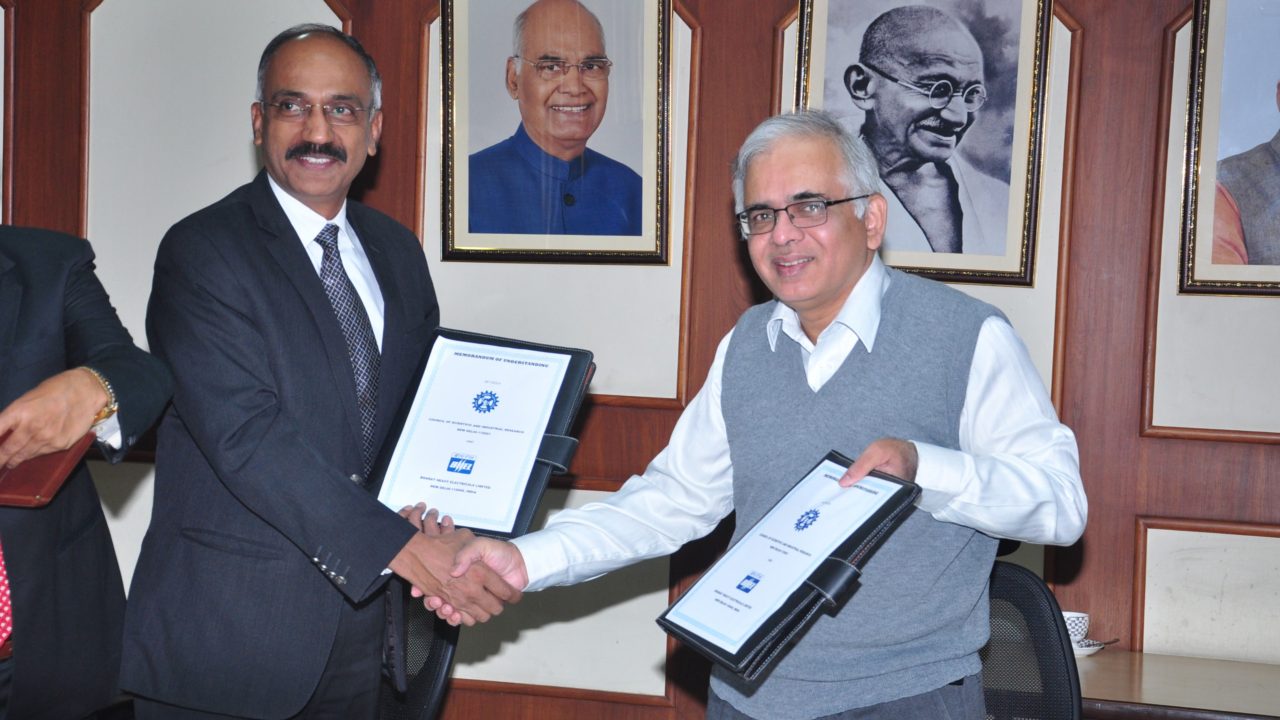

Researchers at CSIR-Central Food Technological Research Institute have developed a low-fat synbiotic ice cream enriched with prebiotic beta‐manno‐oligosaccharides (beta‐MOS) and probiotic; Lactobacillus species.

An MoU was signed by the Centre for Development of Advanced Computing, an Autonomous Scientific Society of the Ministry of Electronics and Information Technology and Council of Scientific and Industrial Research

Scientists from the Council of Scientific and Industrial Research- North East Institute of Science & Technology, Jorhat have developed candles with extracts of herbal plant that possess mosquito repellent properties.


Research laboratories working under the Council of Scientific and Industrial Research on Friday announced the completion of whole-genome sequencing of 1008 Indian individuals representing diverse ethnic groups in the country

Scientists have developed a new variant of currently popular gene editing tool, CRISPR-Cas9, and have shown that this variant can increase precision in editing genome while avoiding unintended changes in DNA
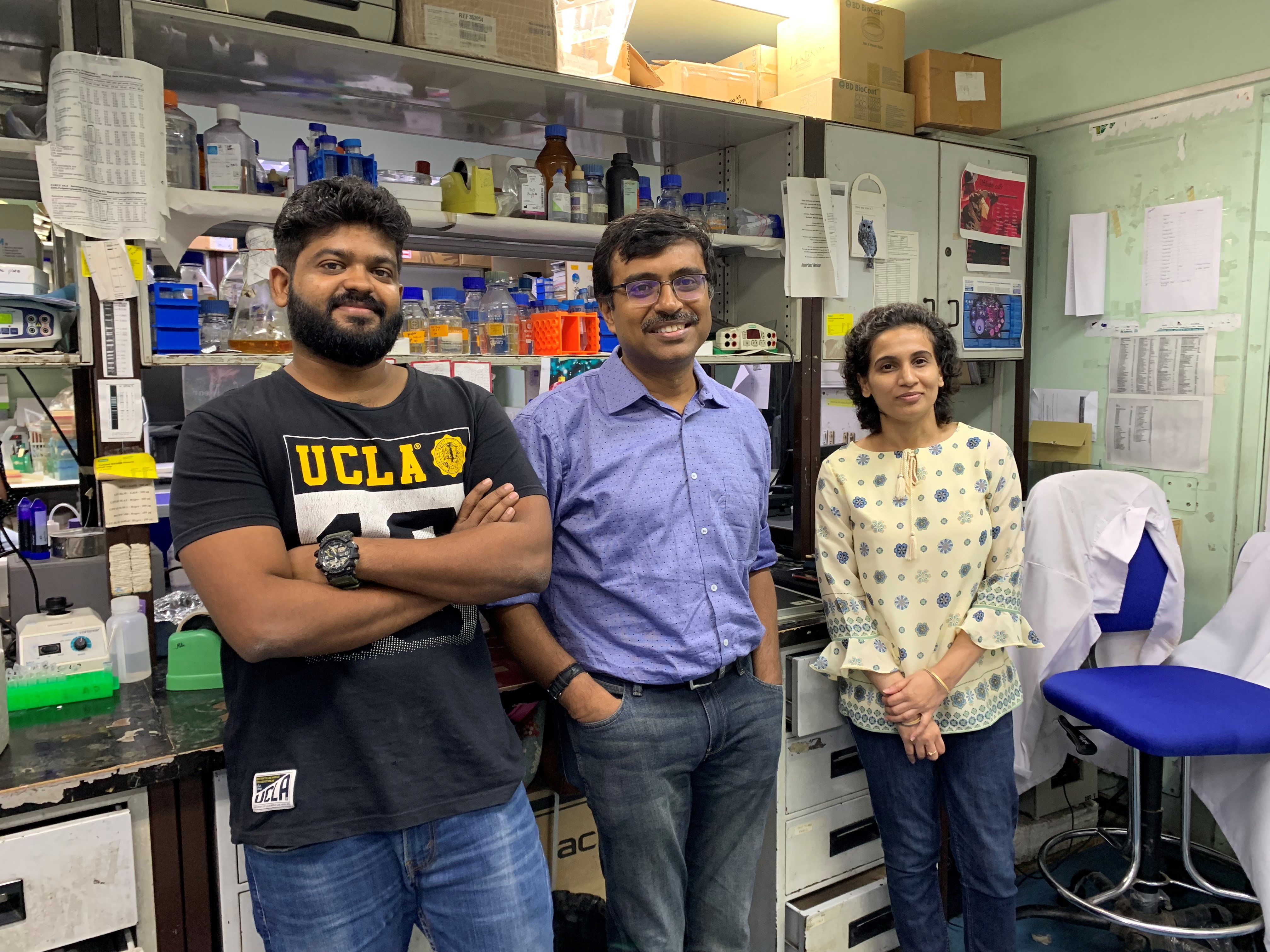
In a new development in the area of cancer research, scientists at Delhi-based National Institute of Immunology have found a way to stop the degradation of a protein called p53 that prevents cancer cells from proliferating and forming tumors in the body

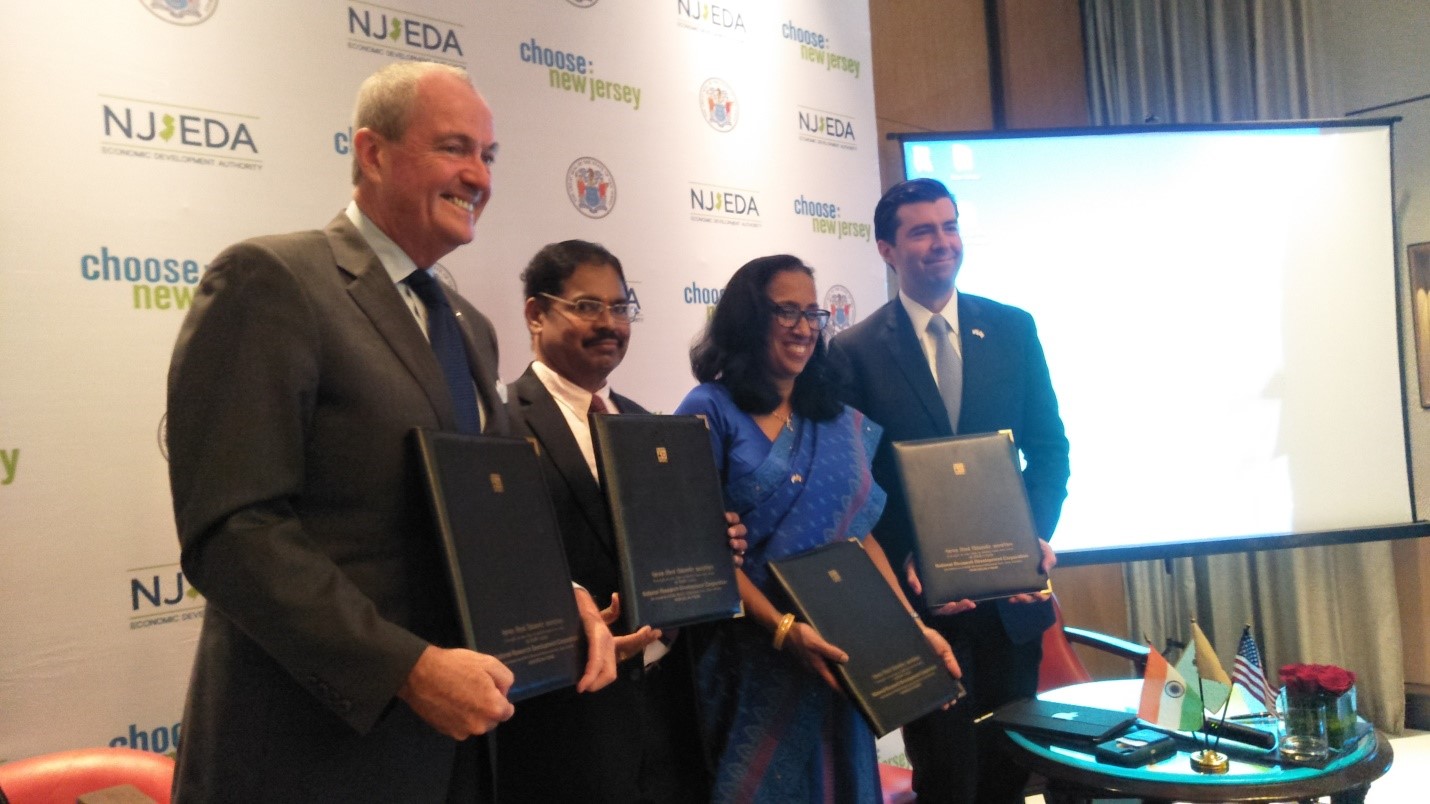
The National Research Development Corporation, which is engaged in promoting indigenous technologies in the Indian industry and startups, will soon expand its wings to the U.S

Scientists from the Pune-based National Chemicals Laboratory have found that in a pre-diabetic condition, blood has an abundance of glucose bound to units of protein serum albumin. This biological state can be used as a biomarker for diagnosing the pre-diabetic condition

Researchers have now developed a new method to fabricate graphene sheets from camphor — a readily available ingredient often used in religious rituals.
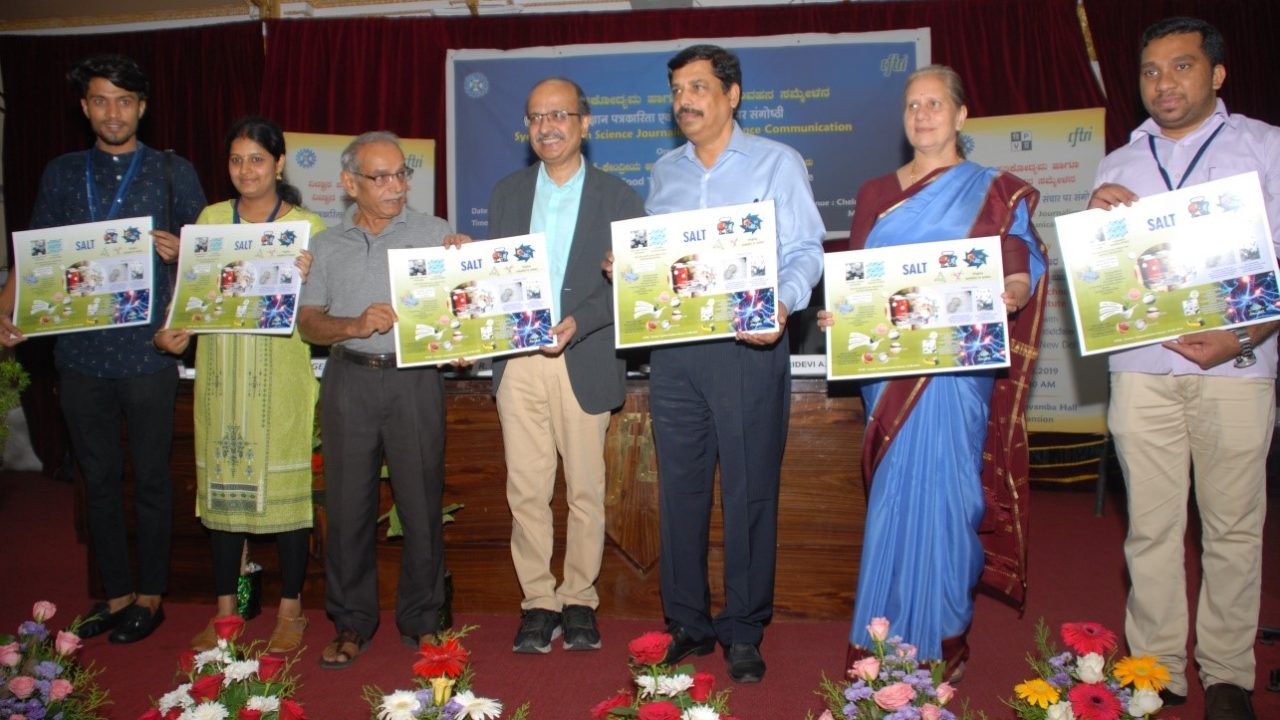

Experts working in the area of water quality management have emphasized that there can be no “one size fit all” solution to tackle the problem of water contamination as the nature and extent of pollutions varied across locations

Researchers have developed a cost-effective hybrid gel-sensor that could potentially be used to detect the elevated levels of high spermine in blood and urine. The material in the gel glows by fluorescence quenching in the presence of high spermine levels
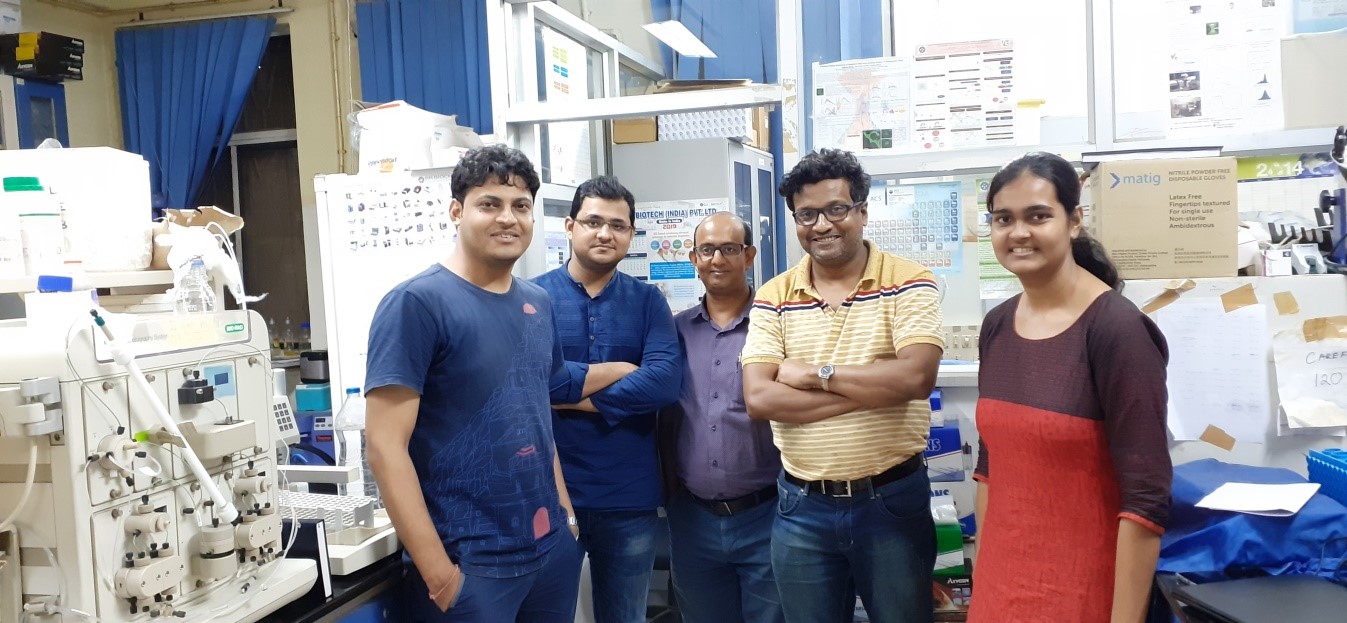
A team of researchers from Kolkata-based CSIR-Indian Institute of Chemical Biology, Bose Institute, and Jadavpur University has figured out how tuberculosis bacterium is released from its reservoir inside the human body
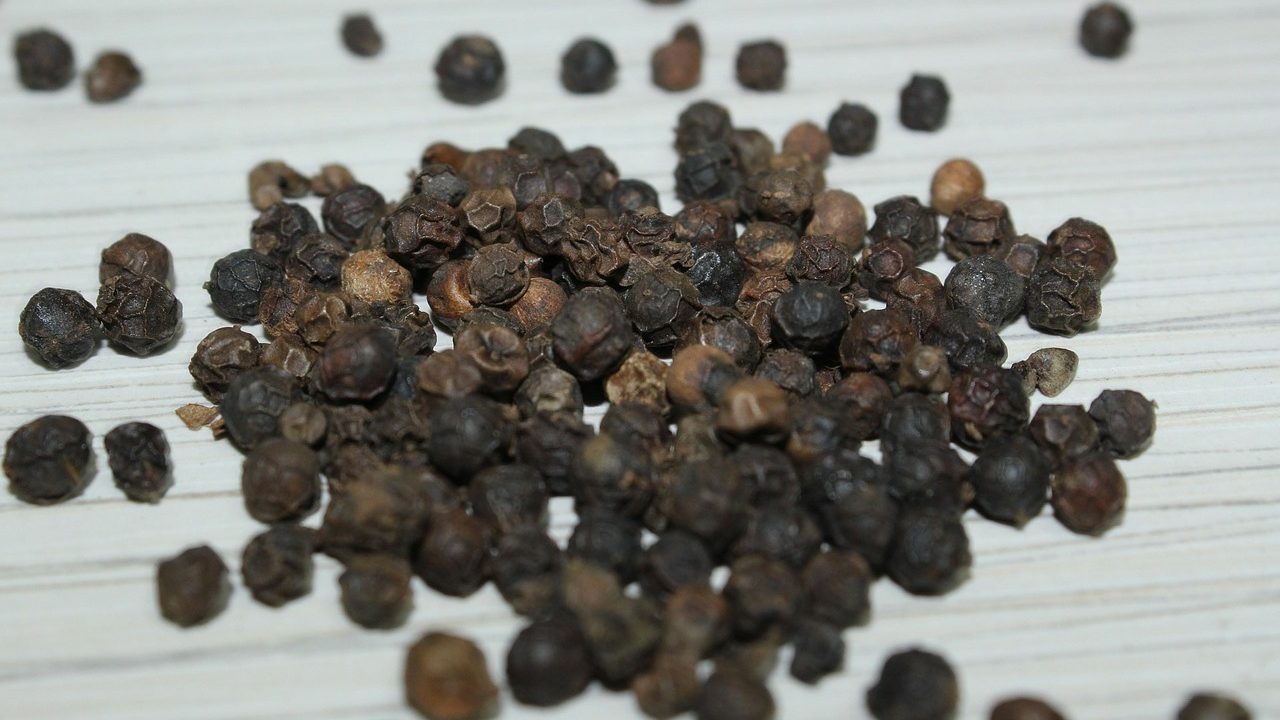

Seismic activity triggered by human actions like the construction of large dams or injection of wastewater into the ground for oil and gas production can have far greater implications than previously thought, a new study has revealed
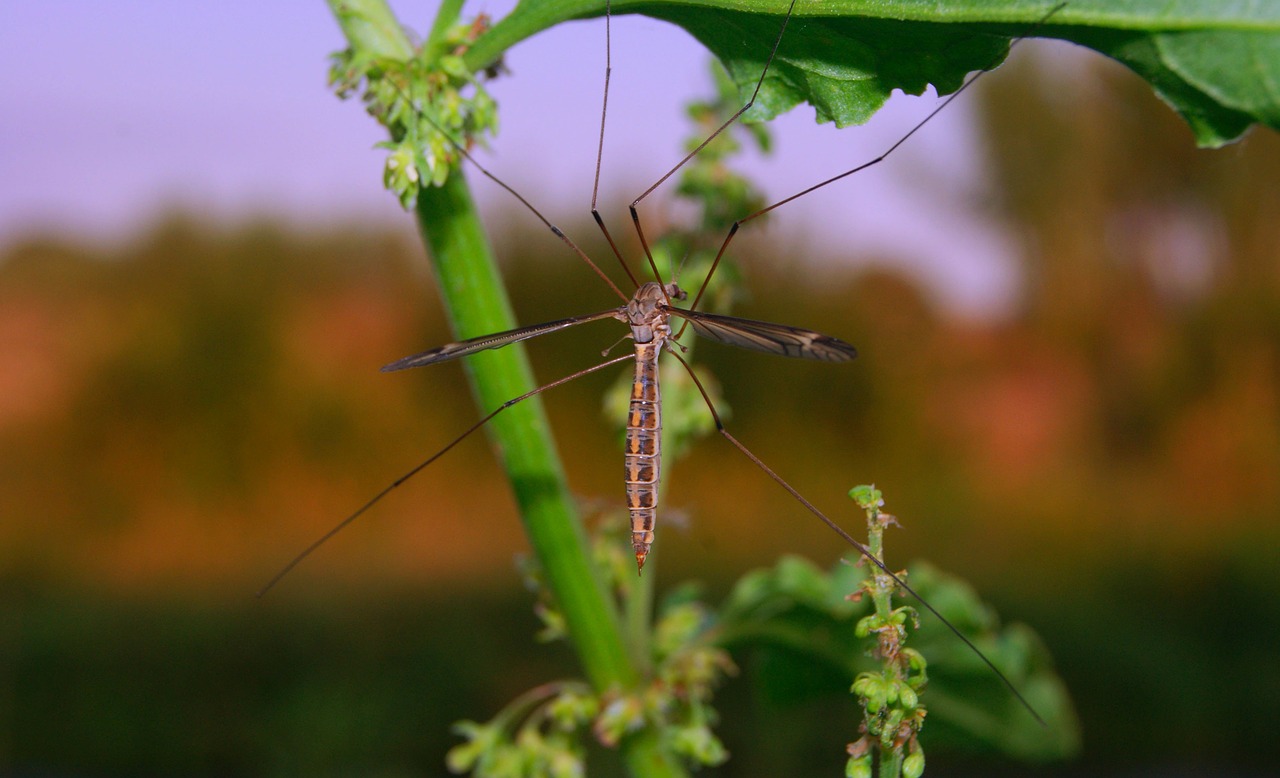
Researchers have synthesized a new aromatic molecule that promises to help repel and kill adult female of Aedes aegypti mosquito which is a carrier of several disease-causing viruses

Fungi are said to be grand recyclers of the planet and are considered vanguard species in habitat restoration. Now Indian scientists have found that they may also be the answer to one of the biggest environmental problems – plastic pollution. They have identified fungi which can potentially help degrade polythene


The traditional way of producing meat by slaughtering animals may be a matter of past in a few years as Indian scientists begin work on ‘cultured meat’ - meat made by cells extracted from animals
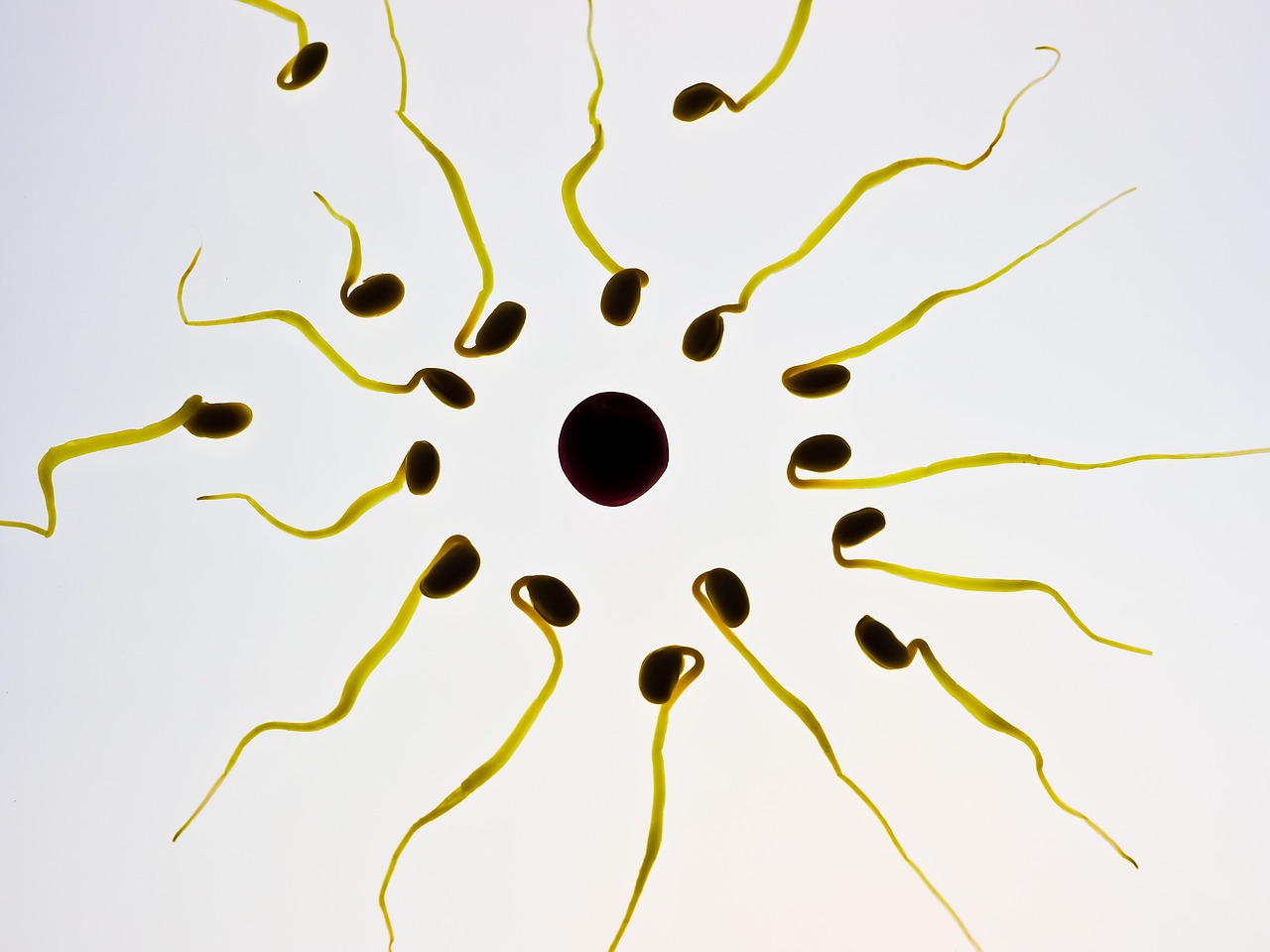
Scientists have found the location of such micro-deletions in the Y chromosome of Indian population groups. It has emerged that the deletions on the Y chromosome of infertile Indian men are vastly different from such deletions seen among men in other population groups

scientists have now developed a new process for chemically synthesizing two such cannabis chemicals - Serinolamide A and Columbamide D. These two compounds have been previously isolated from marine algae found in Papua New Guinea and Malaysia.
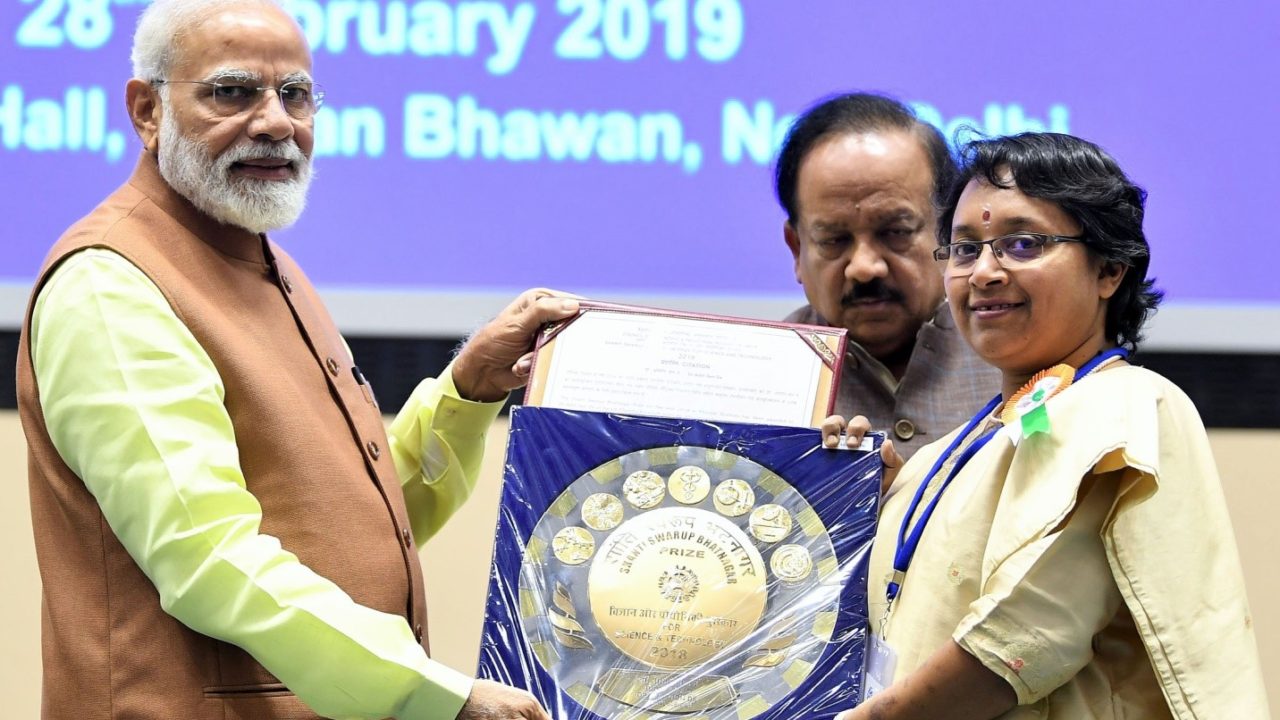

Early detection of diabetes may become possible with a new sensor developed by Indian scientists to detect low levels of Retinol Binding Protein 4, a biomarker for early diabetes

Based on findings of their new research, scientists at the National Chemical Laboratory, Pune have suggested that measuring levels of free albumin and albumin attached to glucose molecules in the blood can be a better diagnostic test for diabetes and help in its management.

As Punjab hosts India’s largest science outreach event this week – annual session of the Indian Science Congress at Phagwara – it is time to recall how the state played a pioneering role in connecting science with people a century ago


The year 2018 is ending with the spectacular success of Indian scientists and technologists in the space and defense sectors, with a series of high impact missions
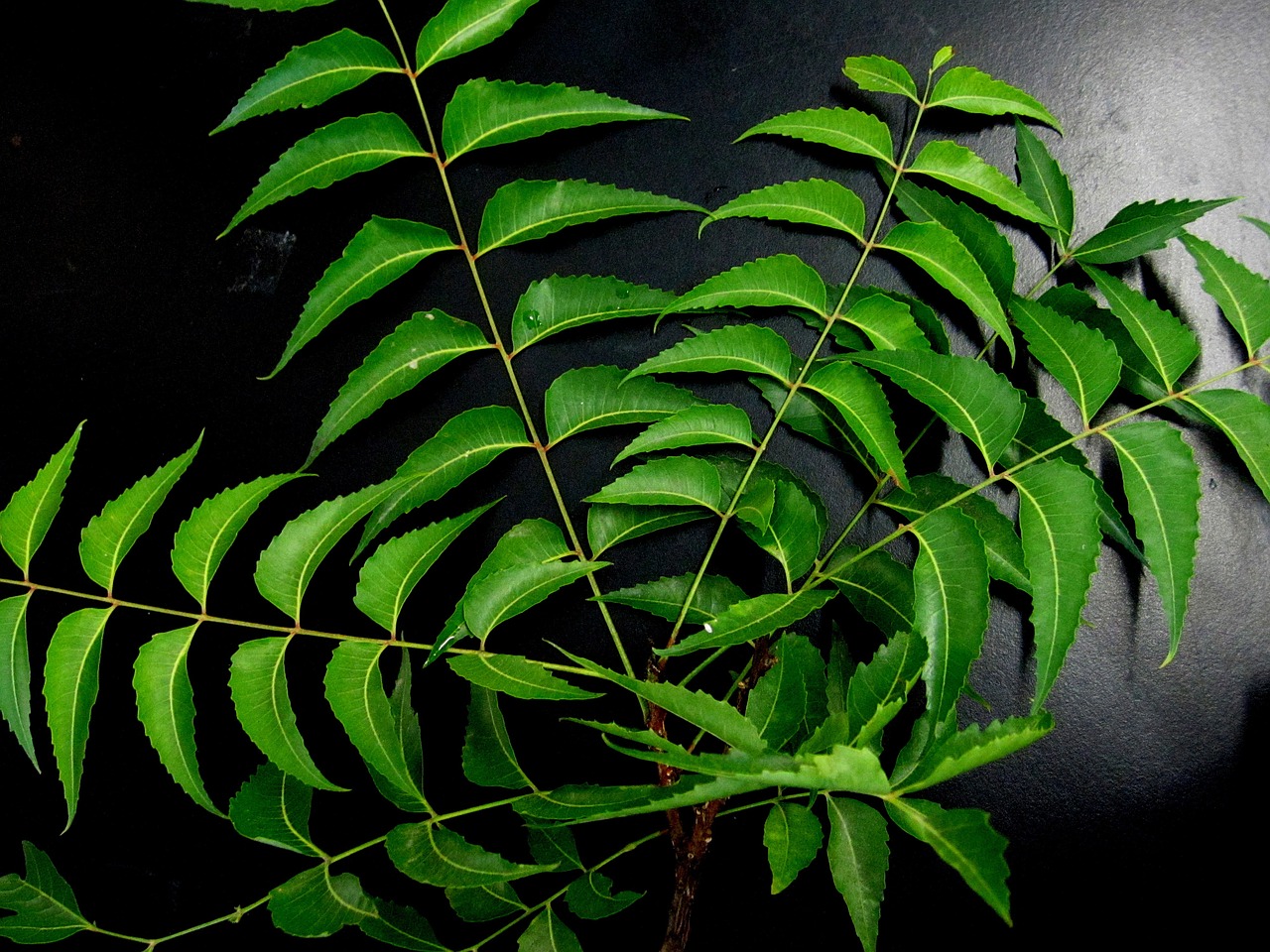
Neem is known for its medicinal and insecticidal properties for centuries. It is chemicals referred to as limonoids that give neem these properties. Indian scientists have now figured out the process of limonoid production in neem.
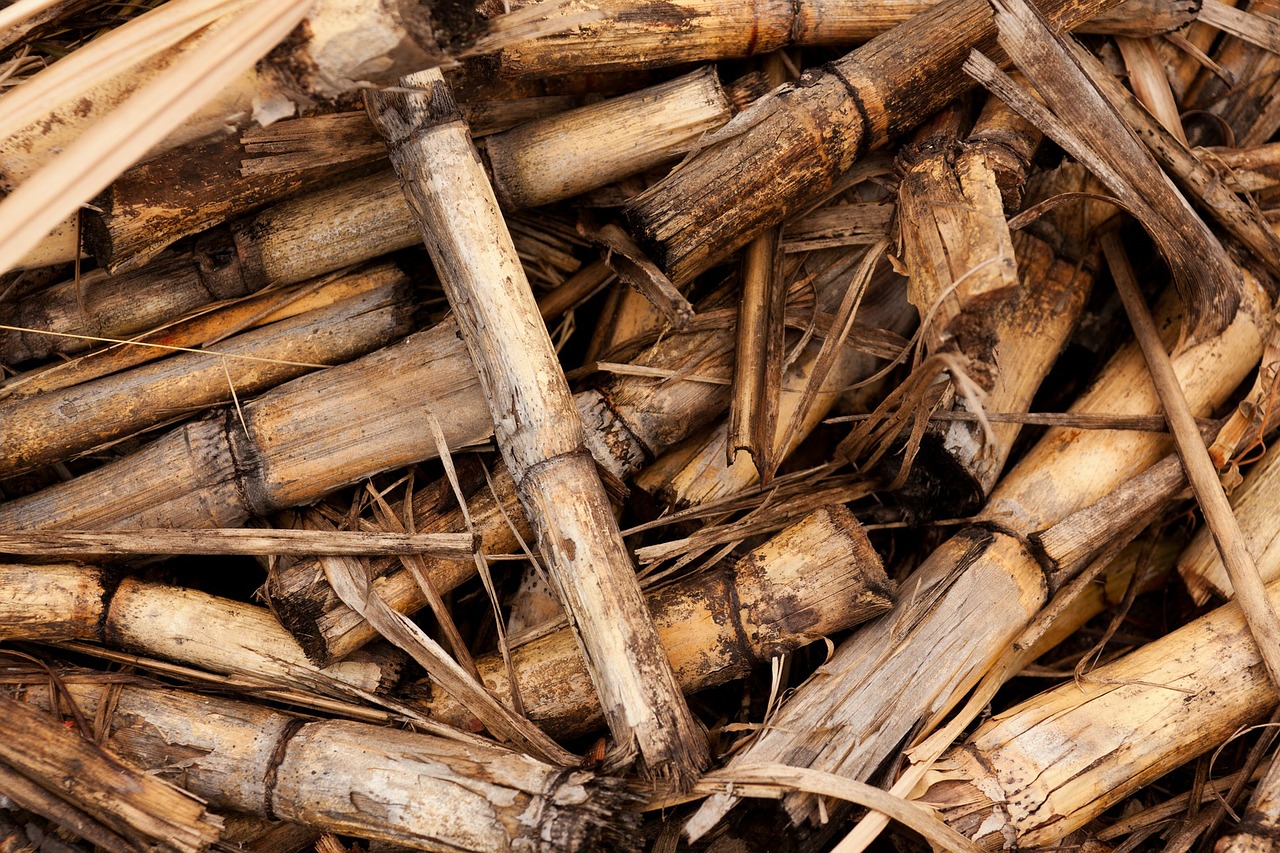
Scientists at the National Chemical Laboratory, Pune have developed a faster, environment-friendly method for conversion of industrial biomass into biodiesel.

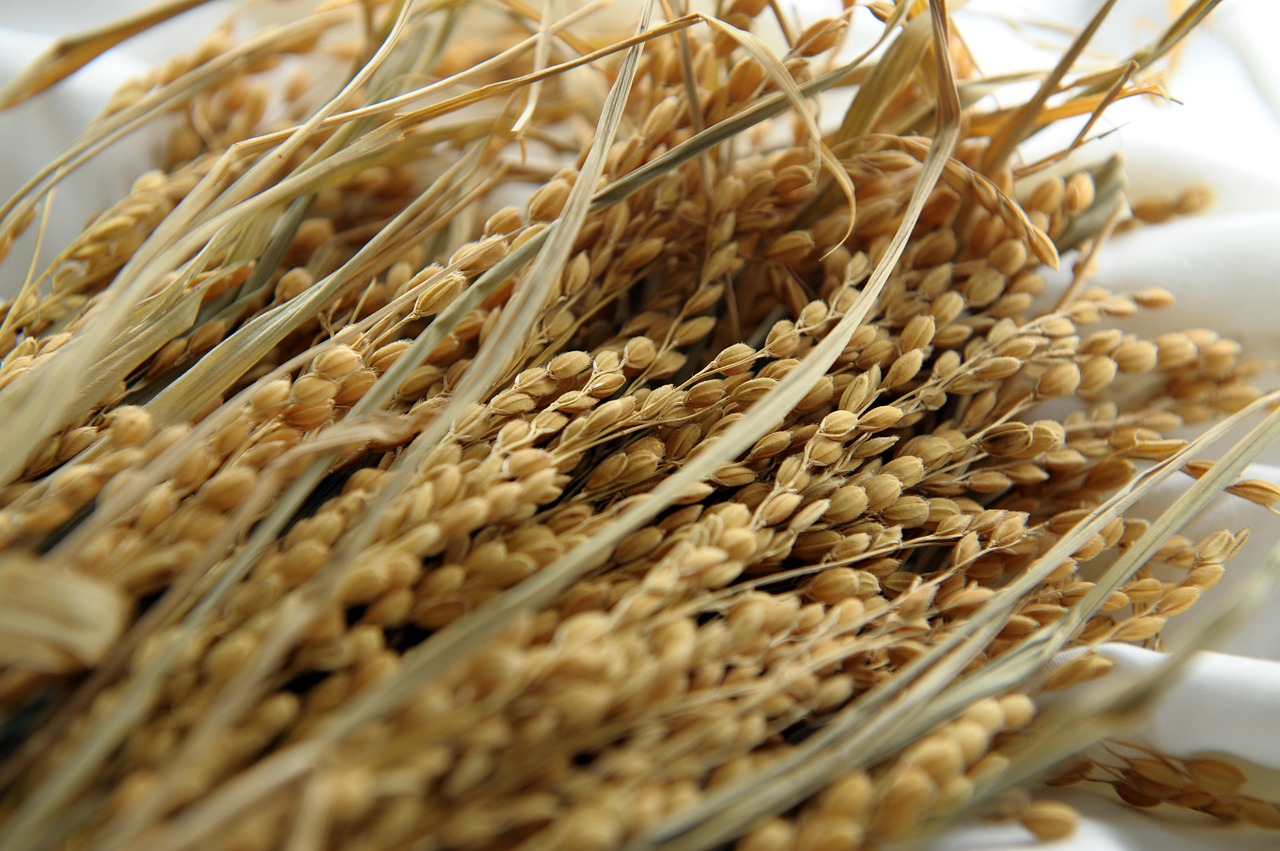
Arsenic accumulation in rice grains is one of the serious agricultural issues in India. To address this, researchers at Lucknow- based CSIR-National Botanical Research Institute have developed transgenic rice by inserting a novel fungal gene, which results in reduced arsenic accumulation in rice grain

Scientists at Pune-based National Chemical Laboratory of Council of Scientific and Industrial Research have developed an environment-friendly controlled release formulation system for applying agrochemicals in agricultural fields
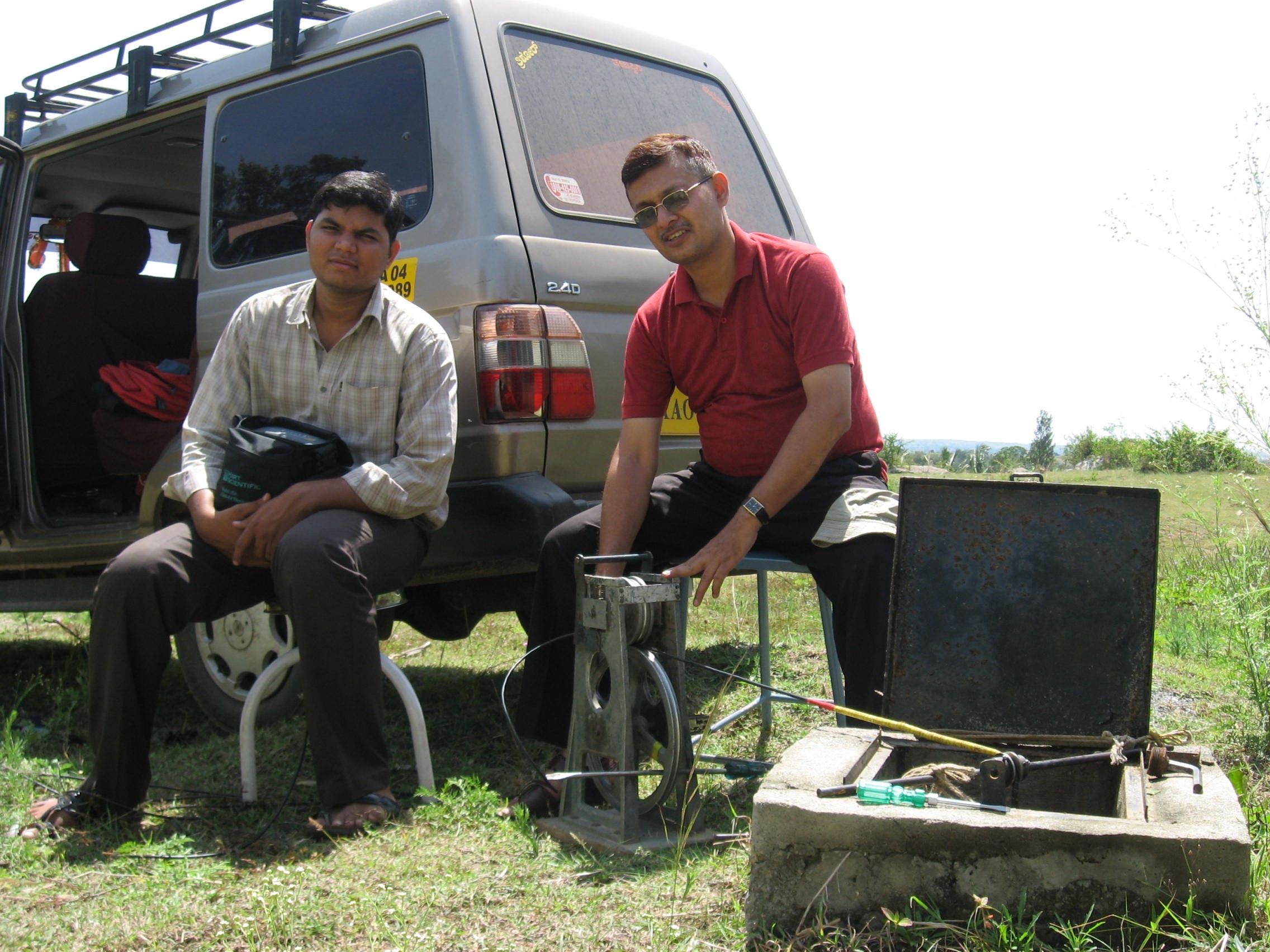
Scientists are literally looking into the ground for clinching evidence of climate change. A new study of geothermal records across India has shown that the country has experienced about one degree of warming over the baseline mean temperature of the nineteenth century

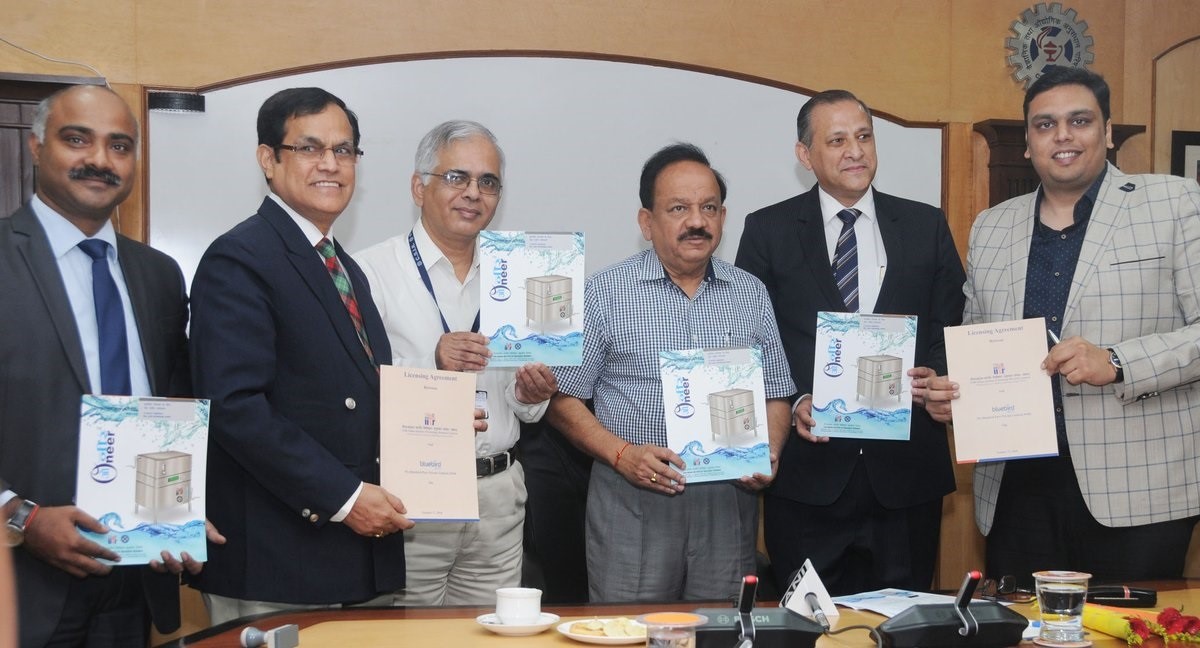
Scientists at the Council of Scientific and Industrial Research’s Lucknow-based Indian Institute of Toxicology Research have developed a technology for disinfecting water that promises to provide safe and clean drinking water at a cost of just two paise per liter
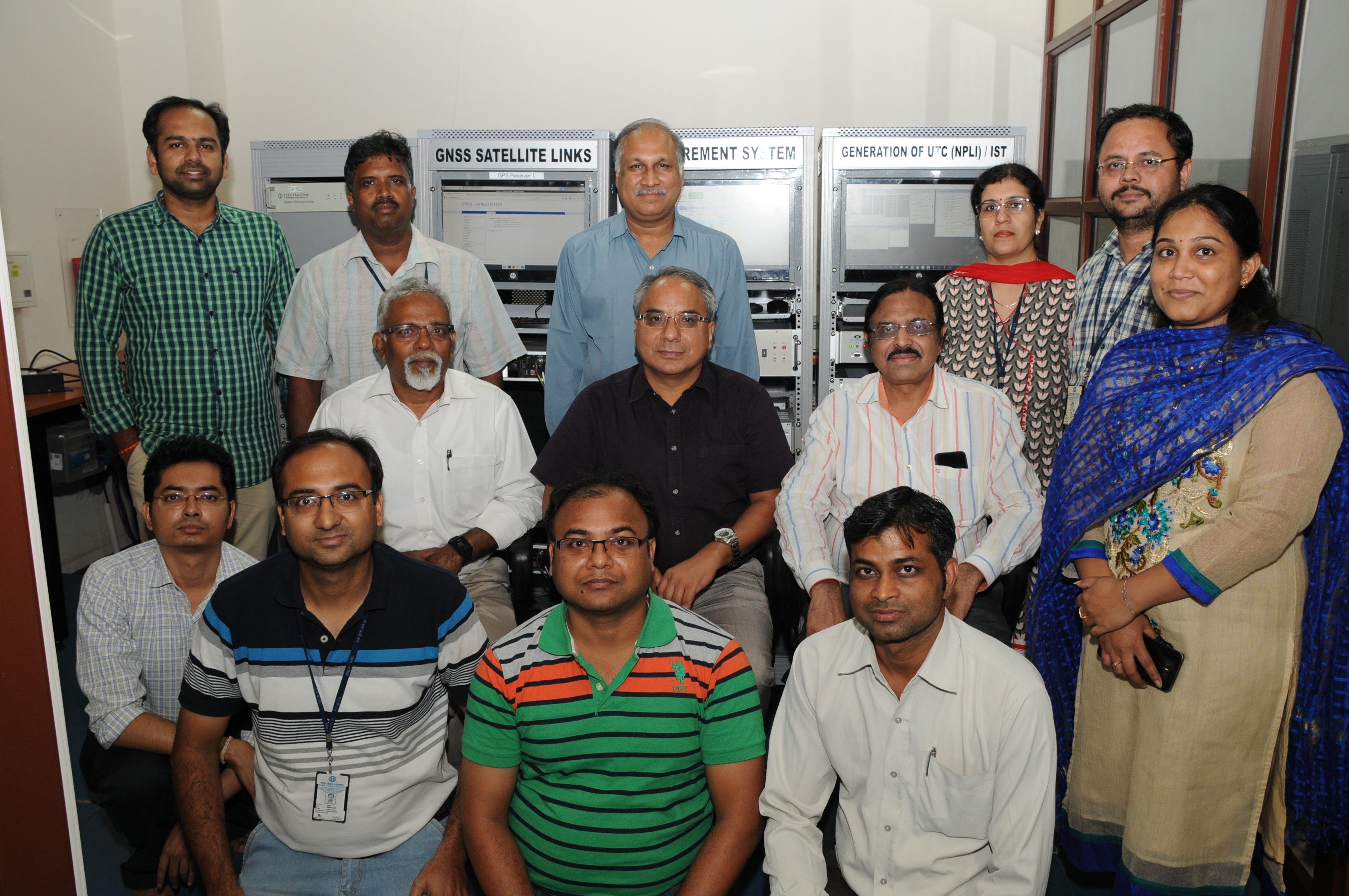
A new analysis by the National Physical Laboratory - India’s official timekeeper - has supported long-standing demand for a separate time zone for eastern states - Assam, Meghalaya, Nagaland, Arunachal Pradesh, Manipur, Mizoram, Tripura – and Andaman and the Nicobar Islands
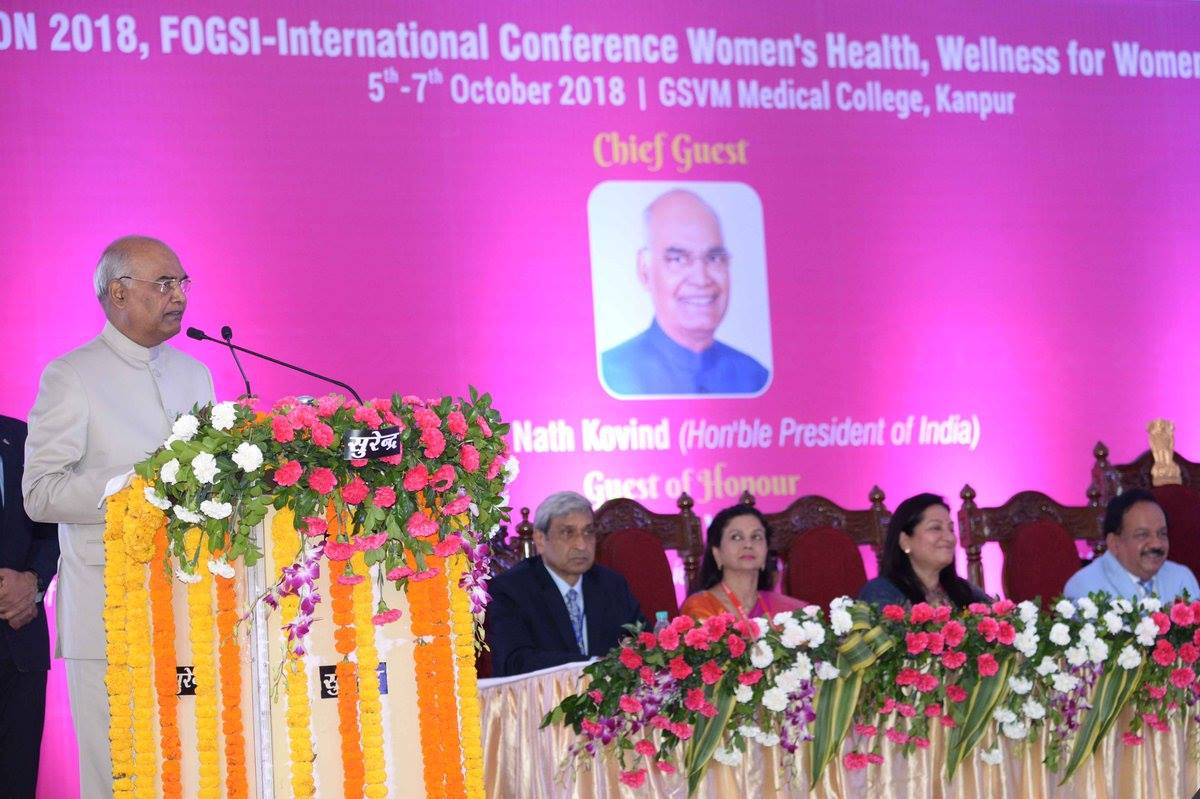
President Ramnath Kovind on Saturday ruled that there was not an adequate representation of women in higher science and called for speedy efforts to overcome the problem.
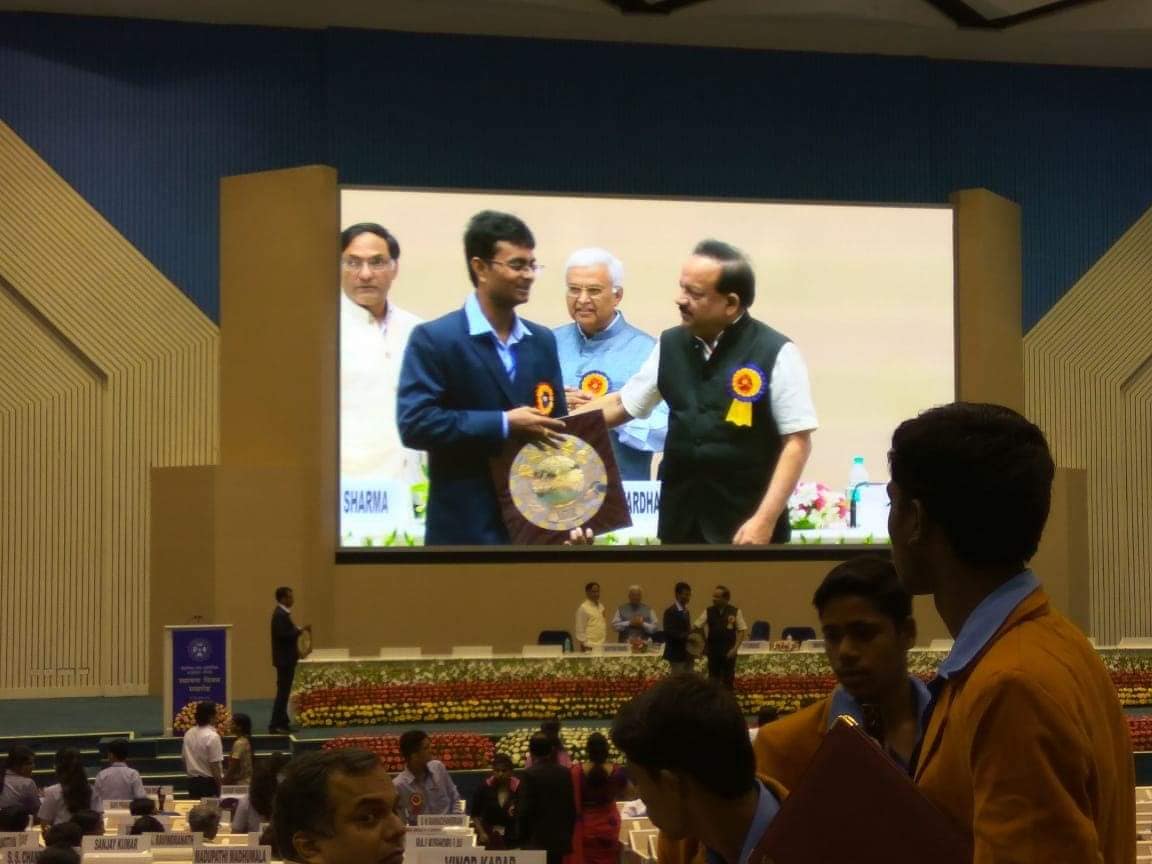
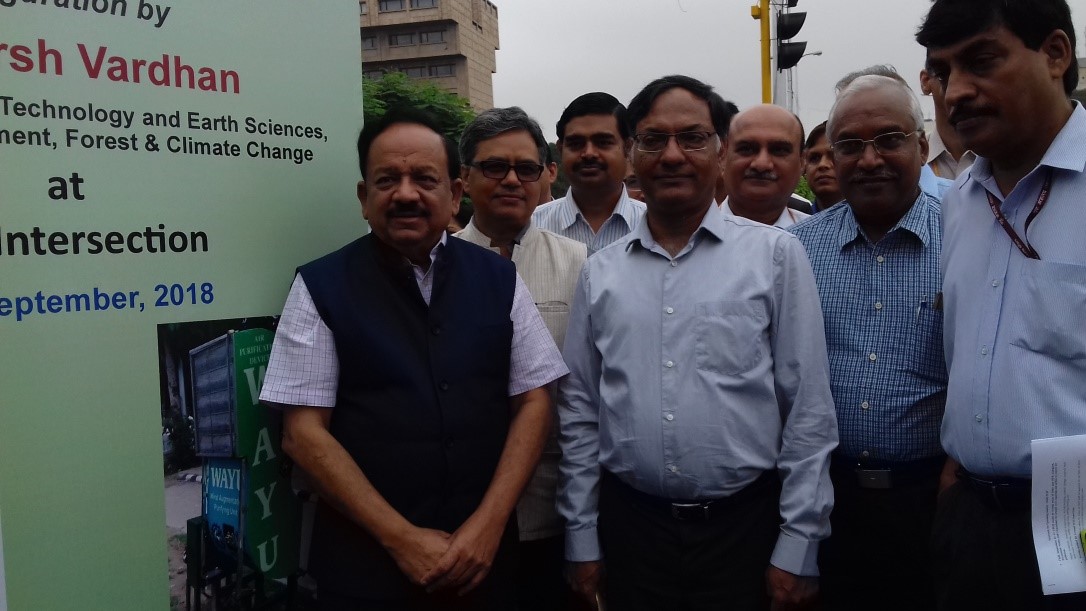
The National Environmental Engineering Research Institute, Nagpur-based laboratory of the Council of Scientific and Industrial Research, has developed a device to address air pollution at high traffic zones like traffic intersections and parking areas
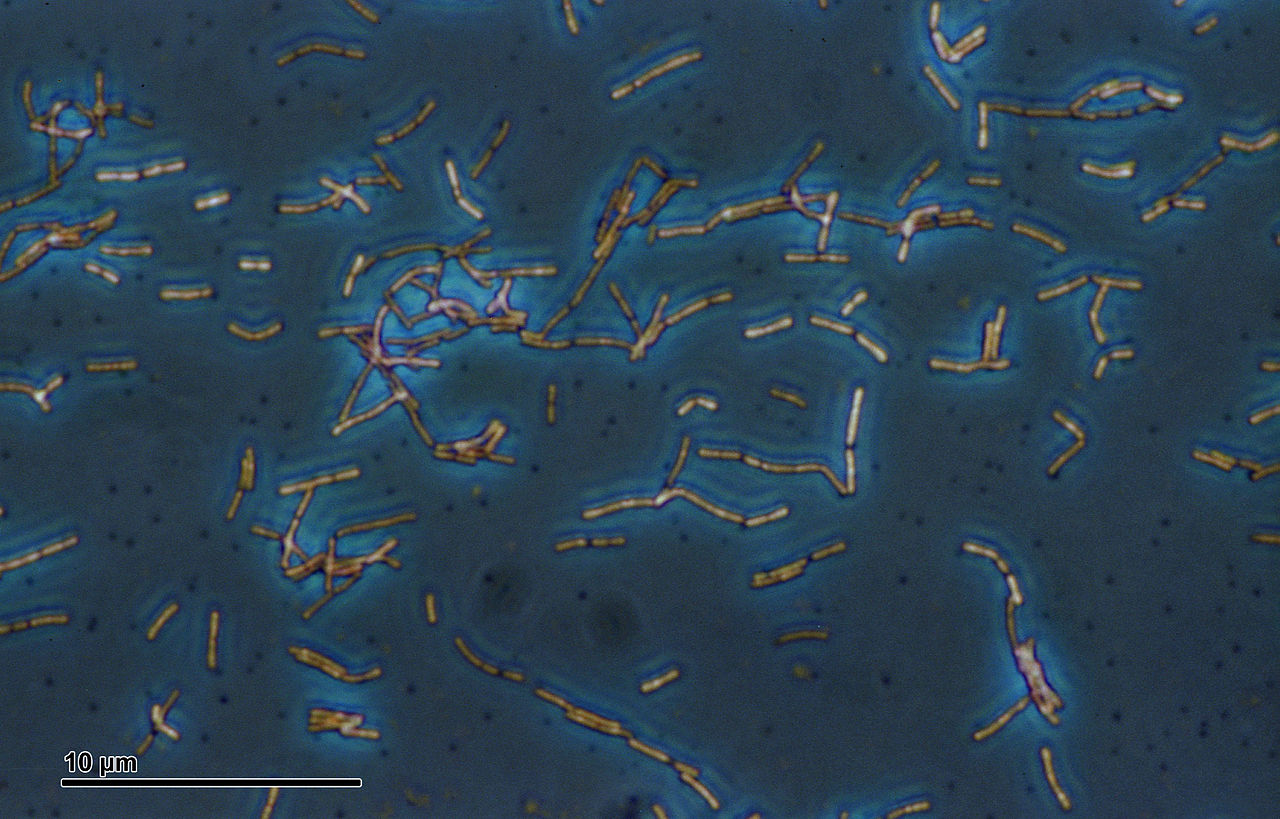
Researchers at the CSIR-CFTRI have found that drug resistance seen in bifidobacteria is naturally occurring and can’t be passed on to other bacteria

`Odd-Even Scheme’ - implemented in Delhi from January 1 to 15, 2016, found that there was hardly any impact on the characteristics and concentration of major air pollutants - particulate matter 2.5 (PM 2.5) and black carbon.
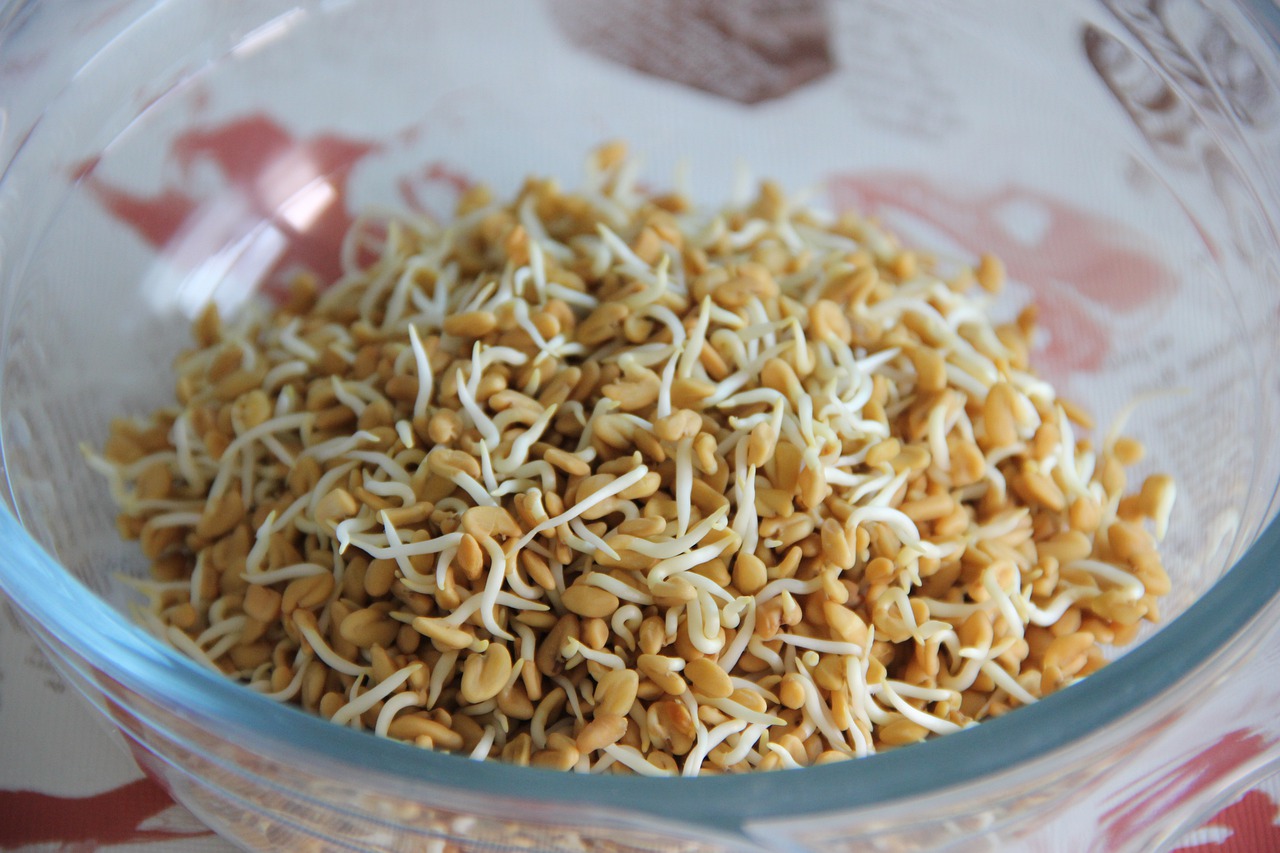
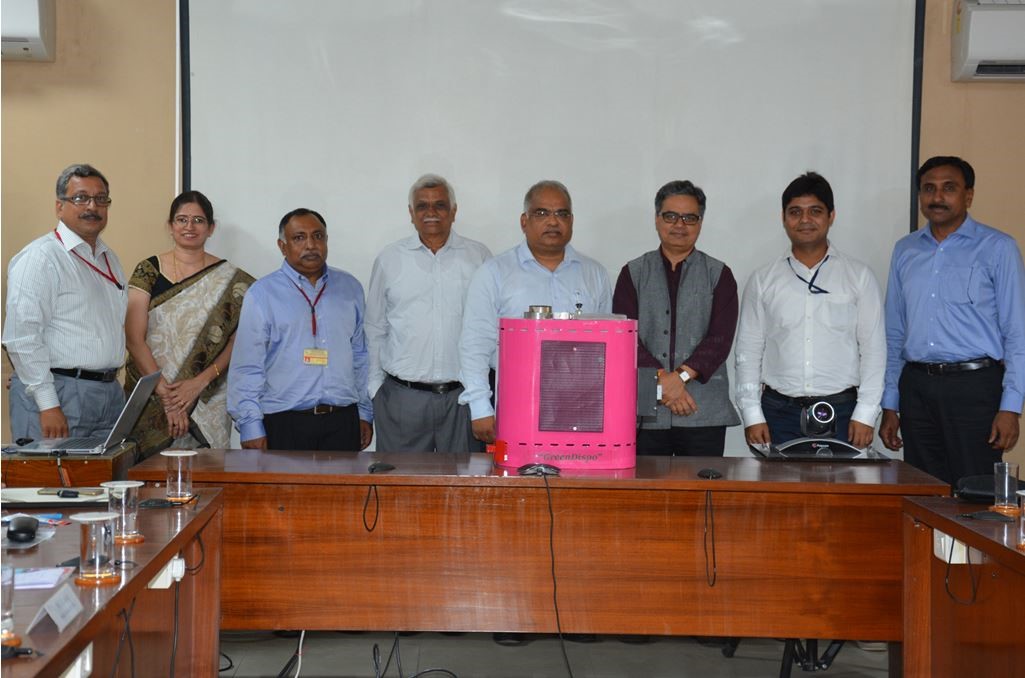
Two leading Indian scientific institutions have come together with a private partner to launch a new high tech device to ensure that the growing popularity of sanitary napkins does not end up becoming an environmental nightmare.

The Ministry of Earth Sciences (MoES) is all set to increase the number of farmers getting agro-meteorological advisory to 40 million from the current level of 24 million by next month.

A new survey has revealed that not just illiterate but even educated people are not aware of the proper use of antibiotics and dangers of antibiotic resistance.

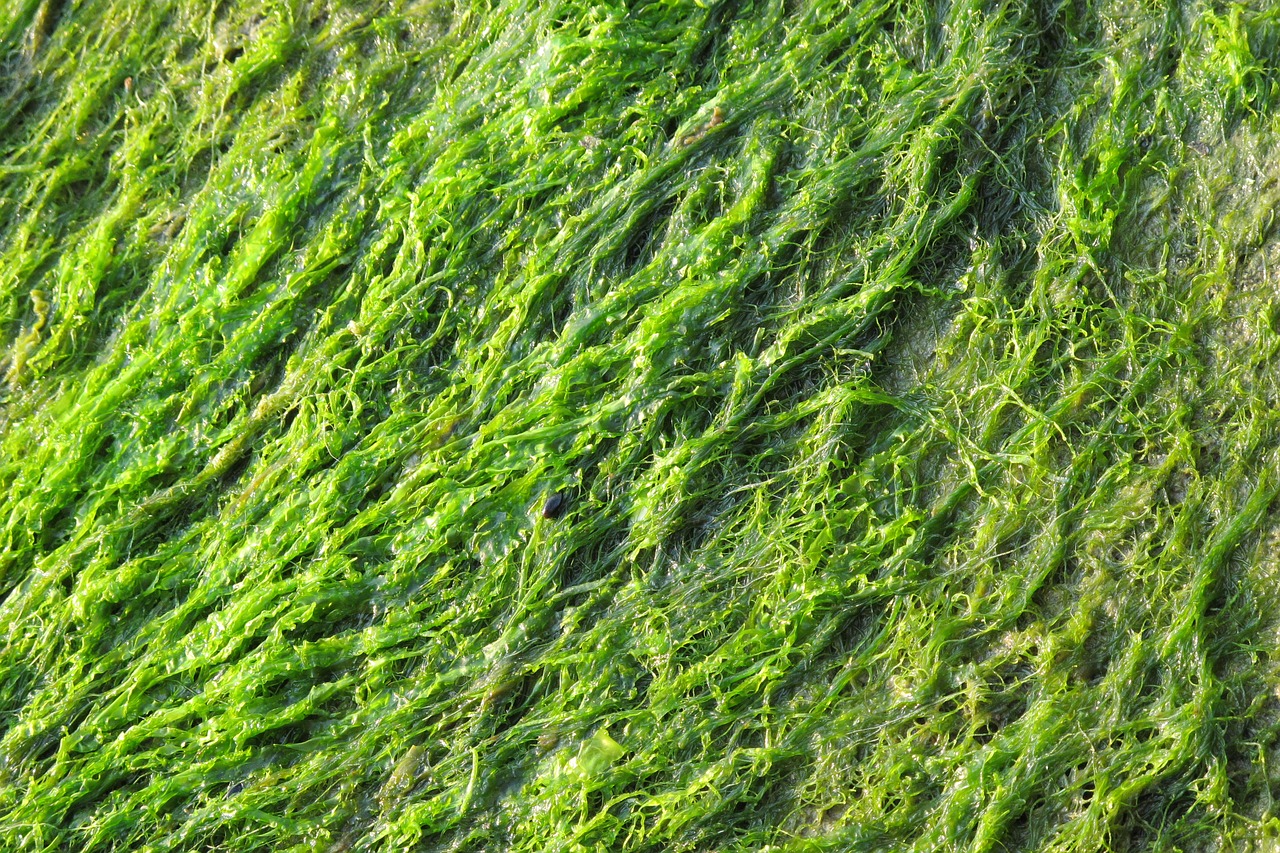
Treatment of wastewater containing industrial dyes and toxic heavy metals is a major environmental problem as available treatment techniques are not very efficient and environment-friendly.
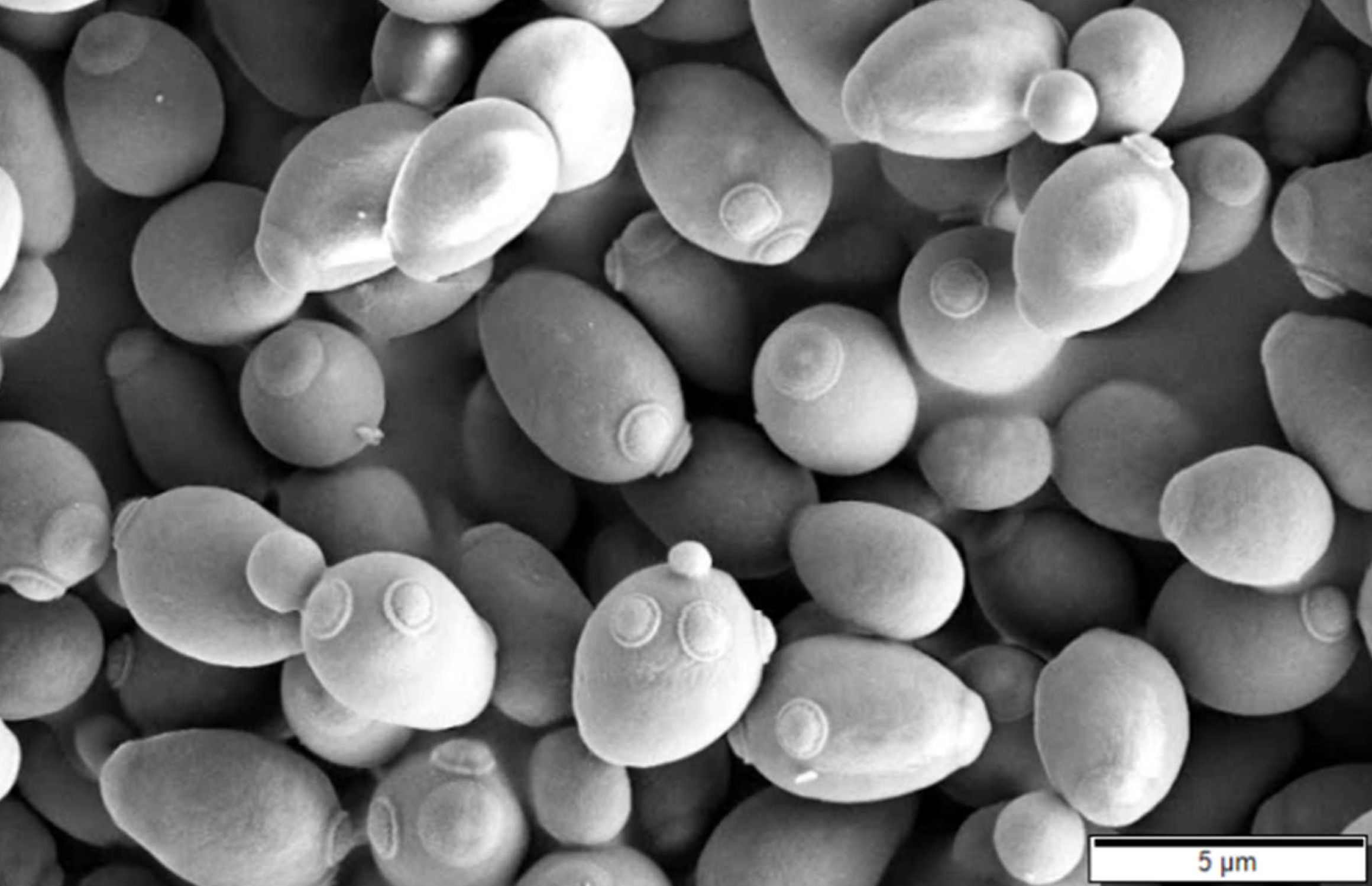
Phosphorus deficiency can lead to several health complications. Many a time we face this deficiency despite consuming phosphorus-rich food.

Science and technology communication can help spread the scientific way of thinking among people and make science accessible to them.


Microorganisms can be found in almost every habitat in the environment owing to their capacity to adapt and survive.

India’s indigenously developed light transport aircraft Saras was successfully test flown for a second time today, less than a month after the first flight on January 24.

Over 200 films makers along with a large contingent of scientists, students and film critics from across the country have gathered here for the eighth edition of the National Science Film Festival of India (NSFFI) which began today at the P.D Hall of Gauhati University.

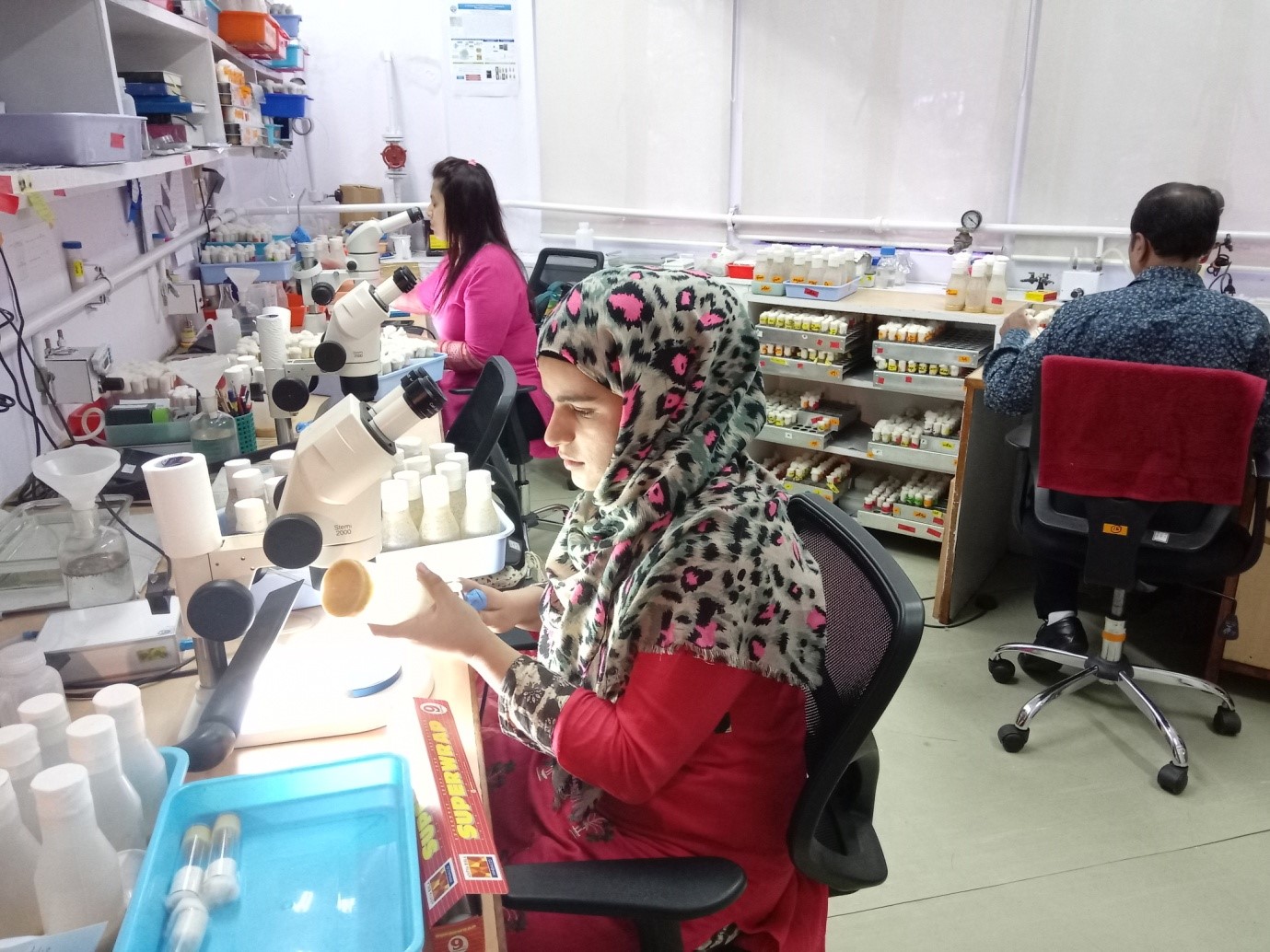
One size does not fit all. This applies to medicine, as much as for garments. Some medicines might work on some but not on others. The key to unraveling this secret lies in the uniqueness of cells of each one of us.
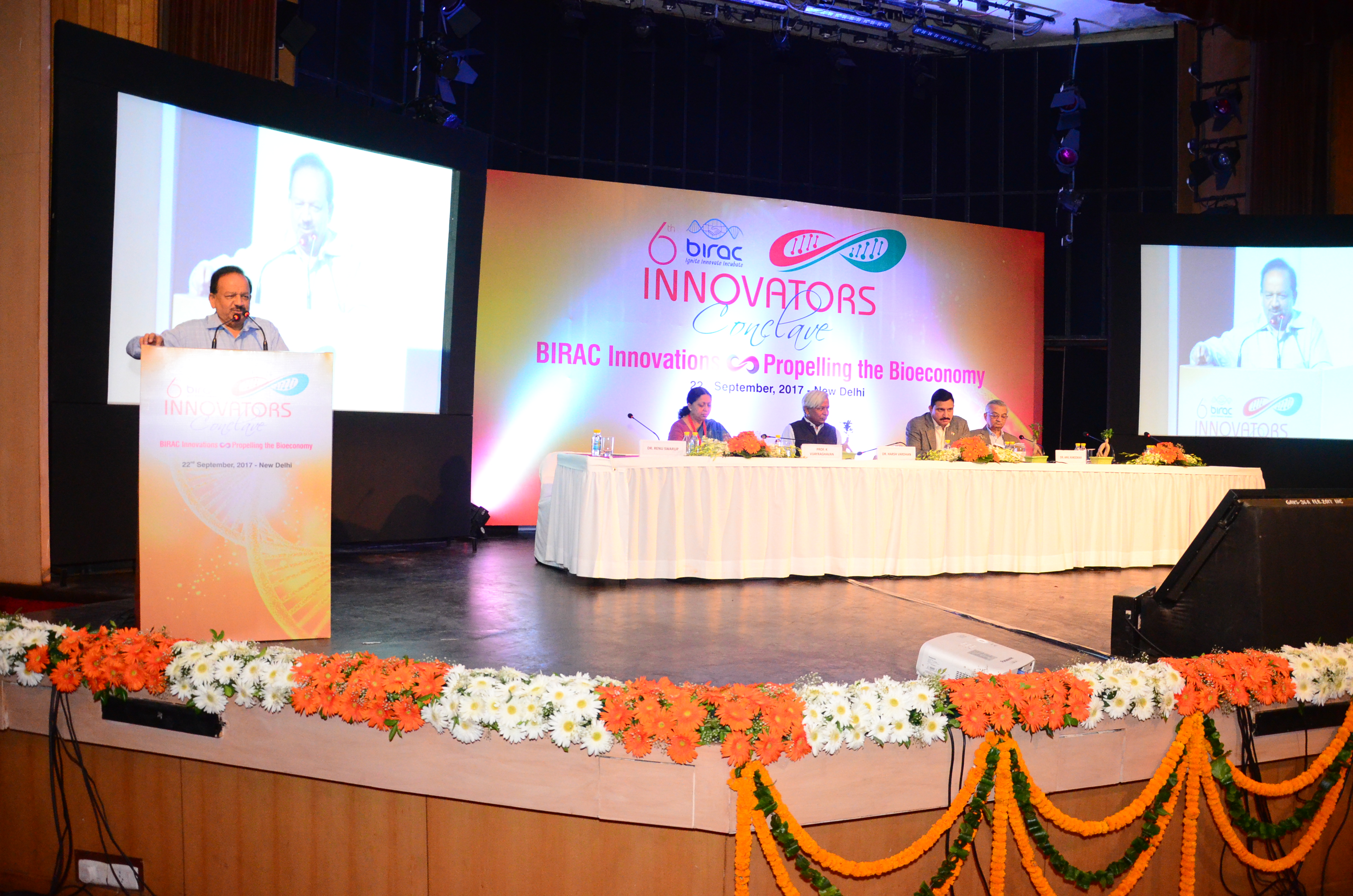
The government has decided to set up 15 new biotechnology incubators and another 15 new technology business incubators during the coming financial year.
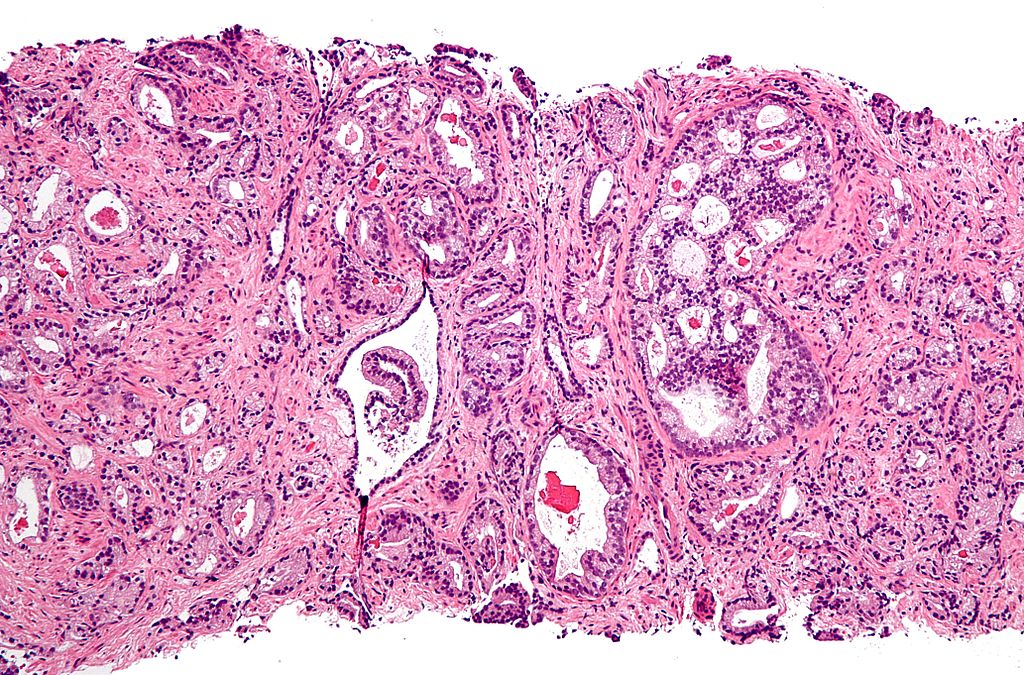
A group of Indian scientists have identified a sensitive and specific diagnostic marker for prostate cancer that may differentiate between cancerous and non-cancerous prostate enlargement.

Internet is huge! Help us find great content
Never miss a thing! Sign up for our newsletter to stay updated.
Research Stash is a curated collection of tools and News for S.T.E.M researchers
Have any questions or want to partner with us? Reach us at hello@researchstash.com